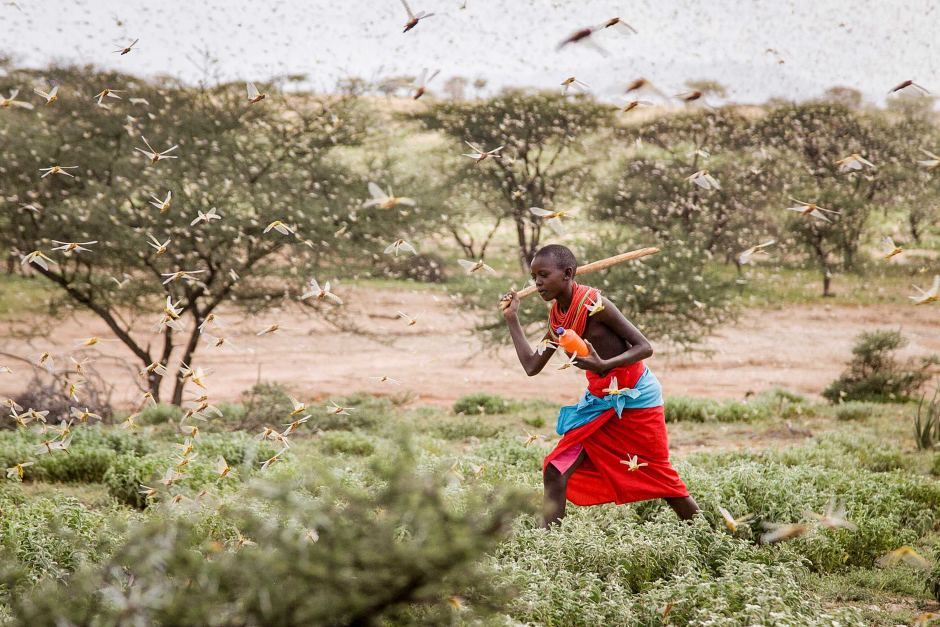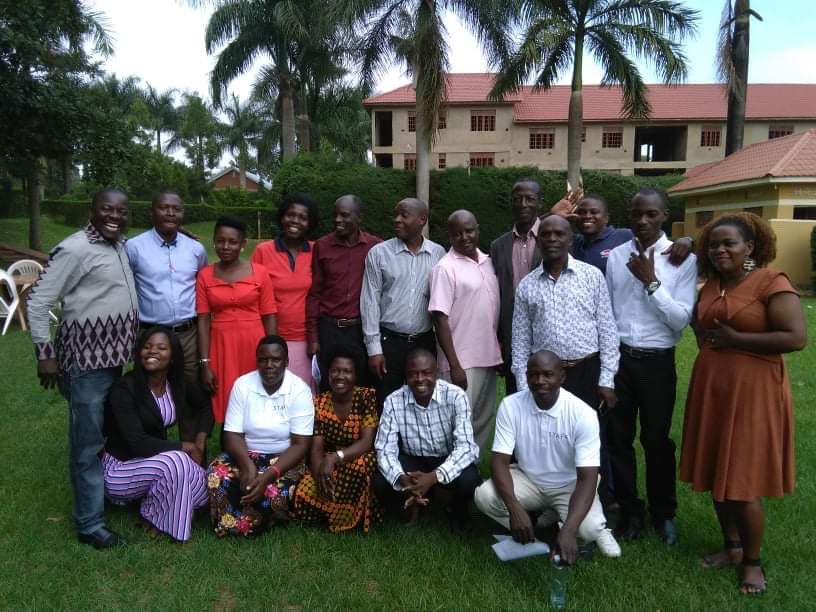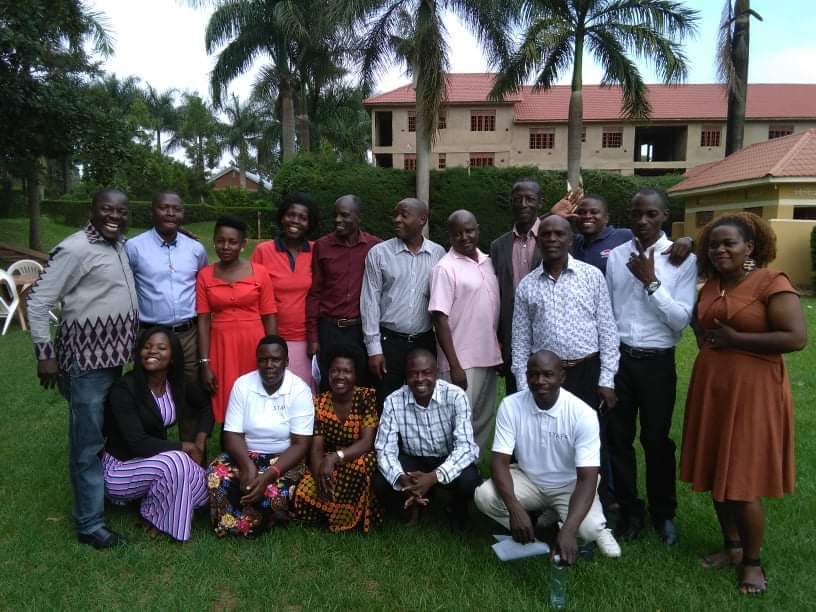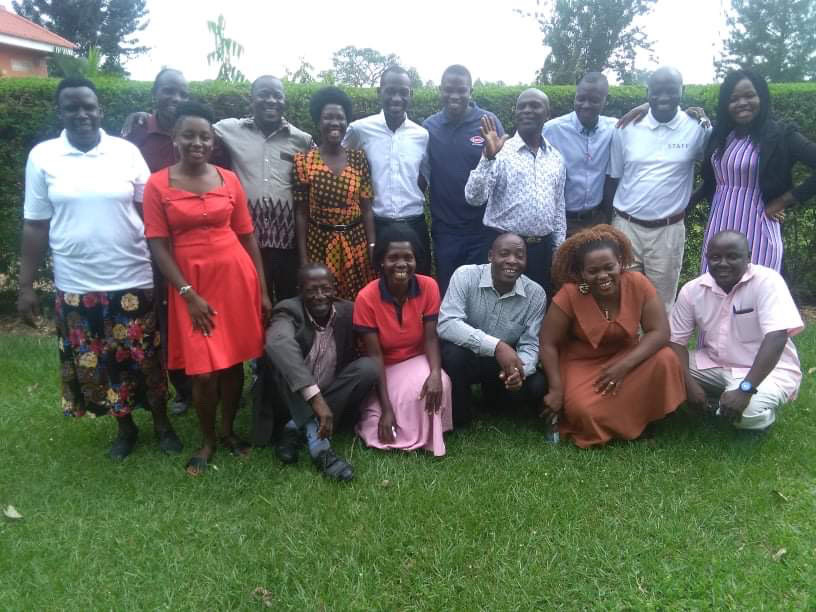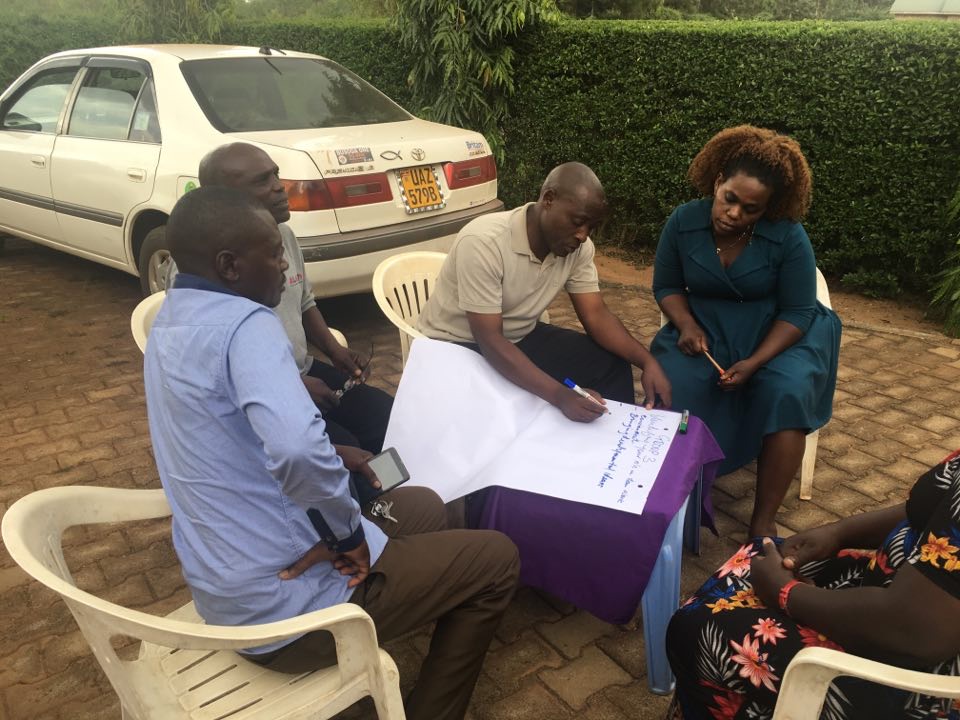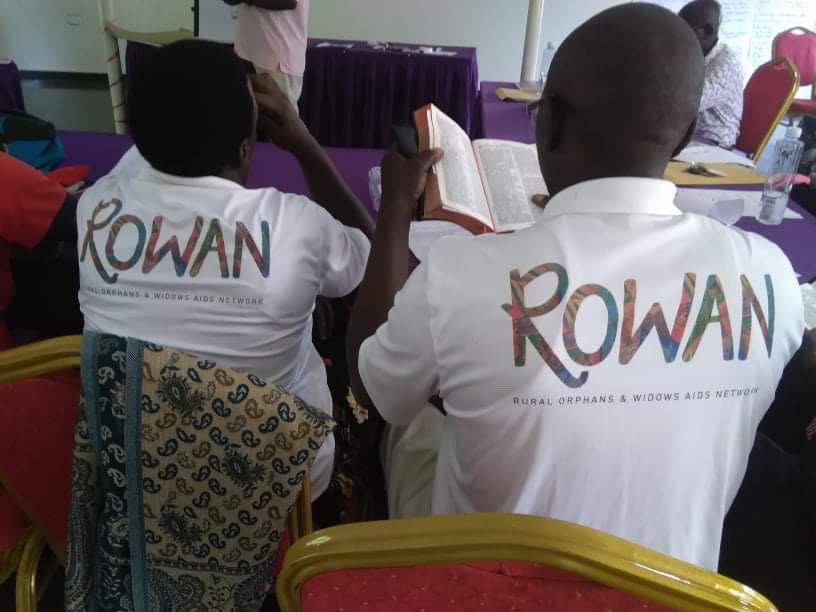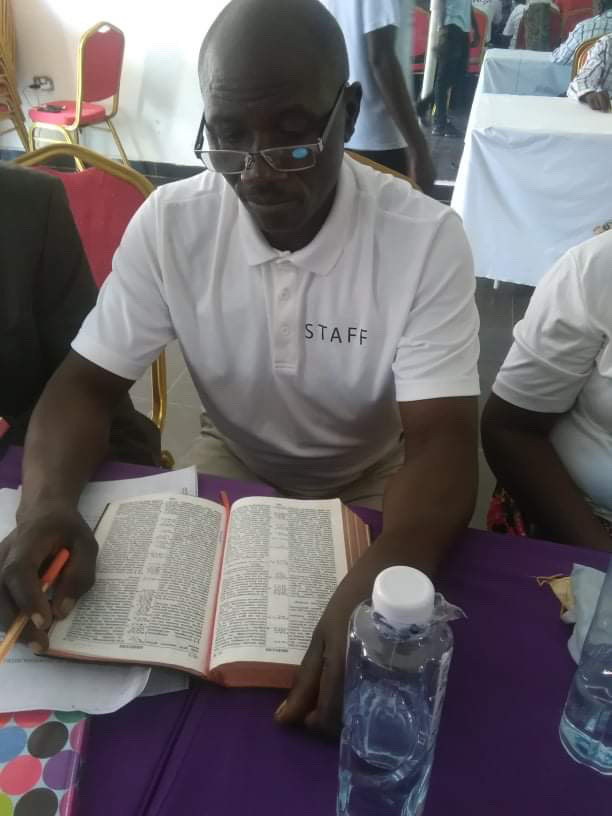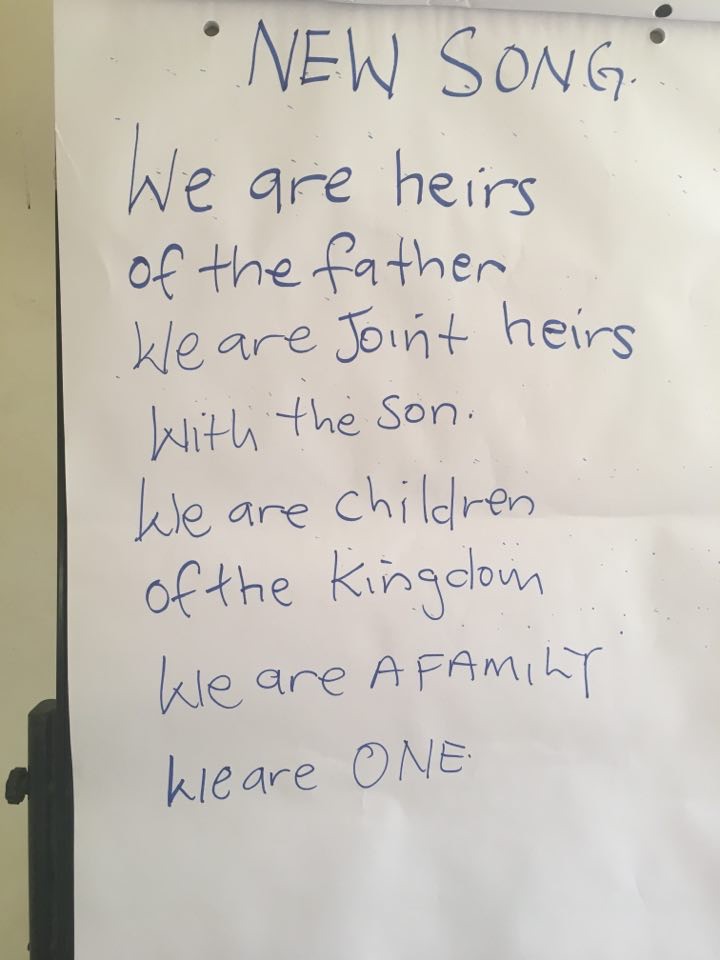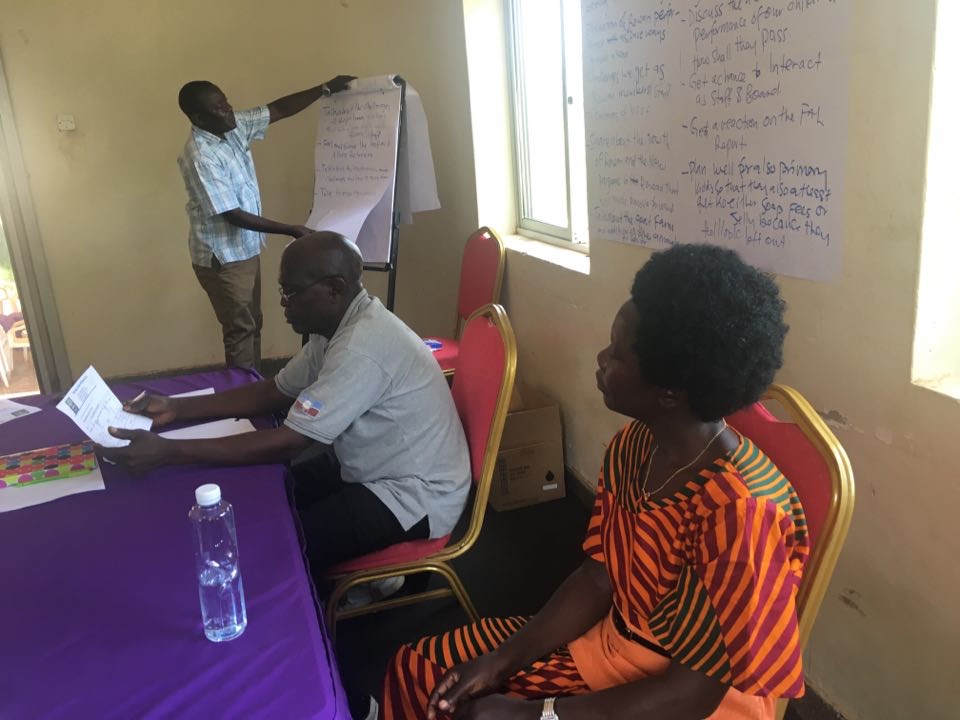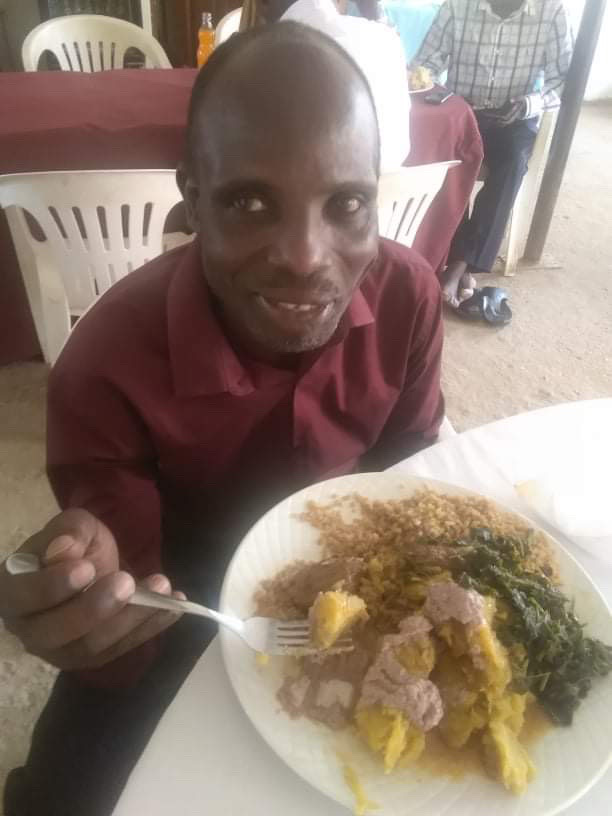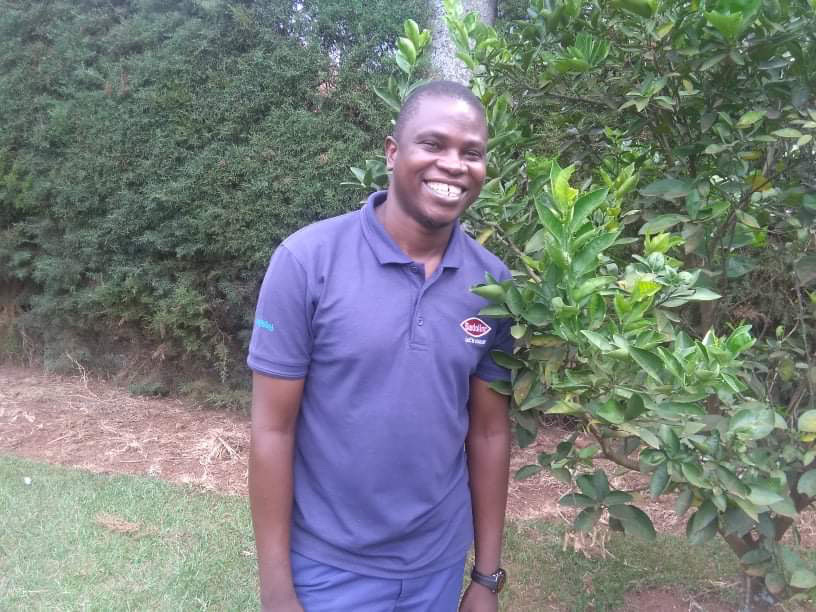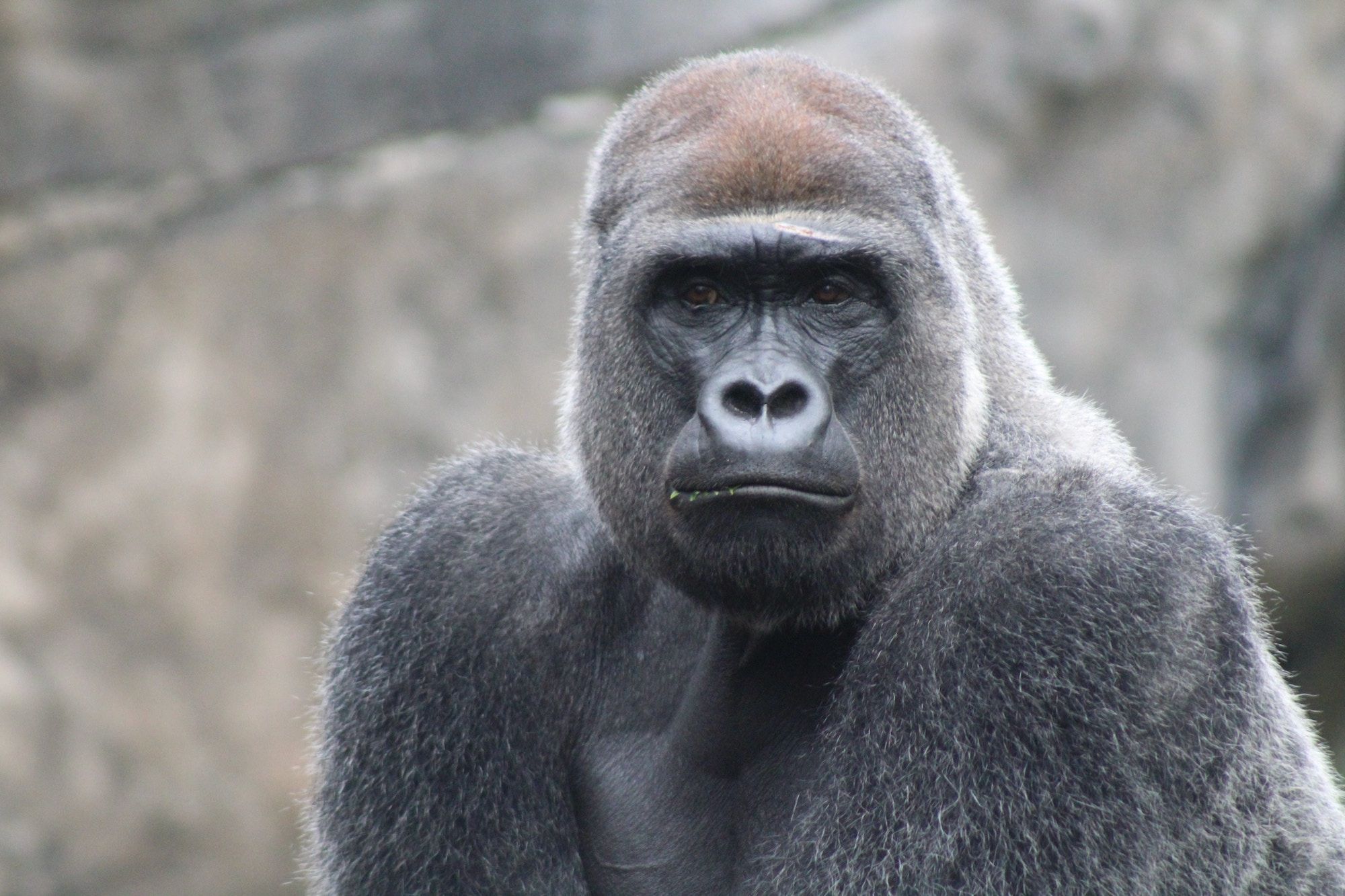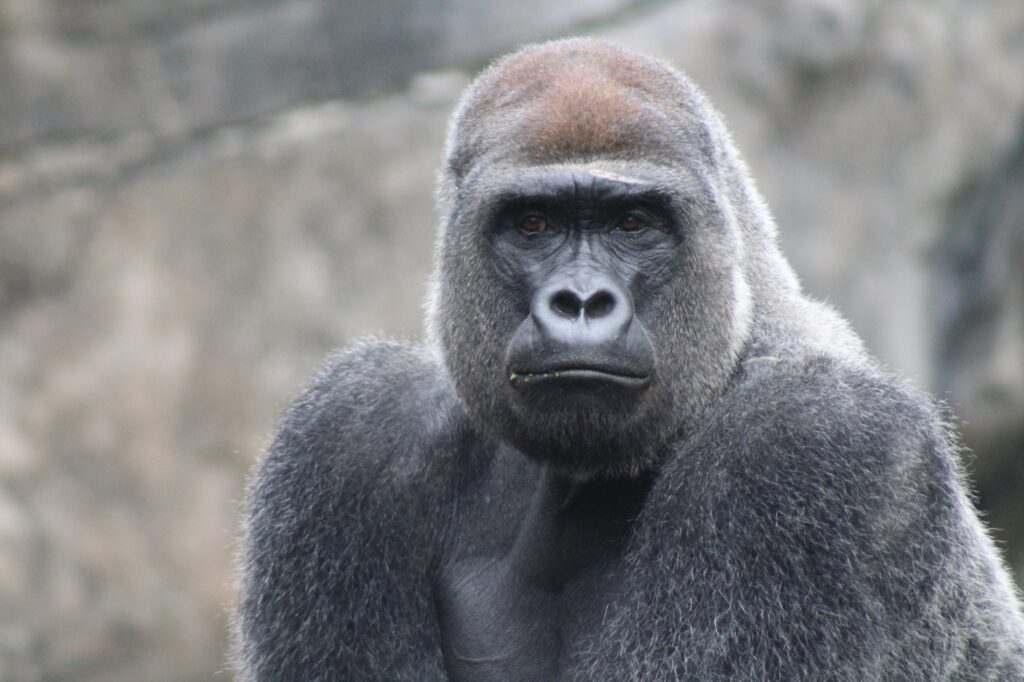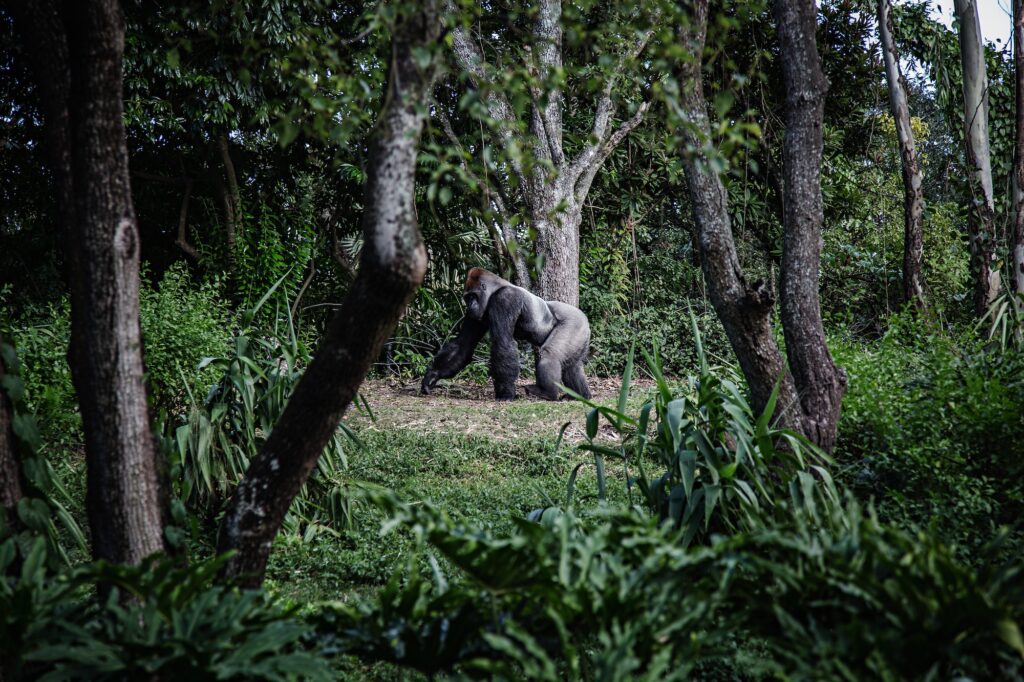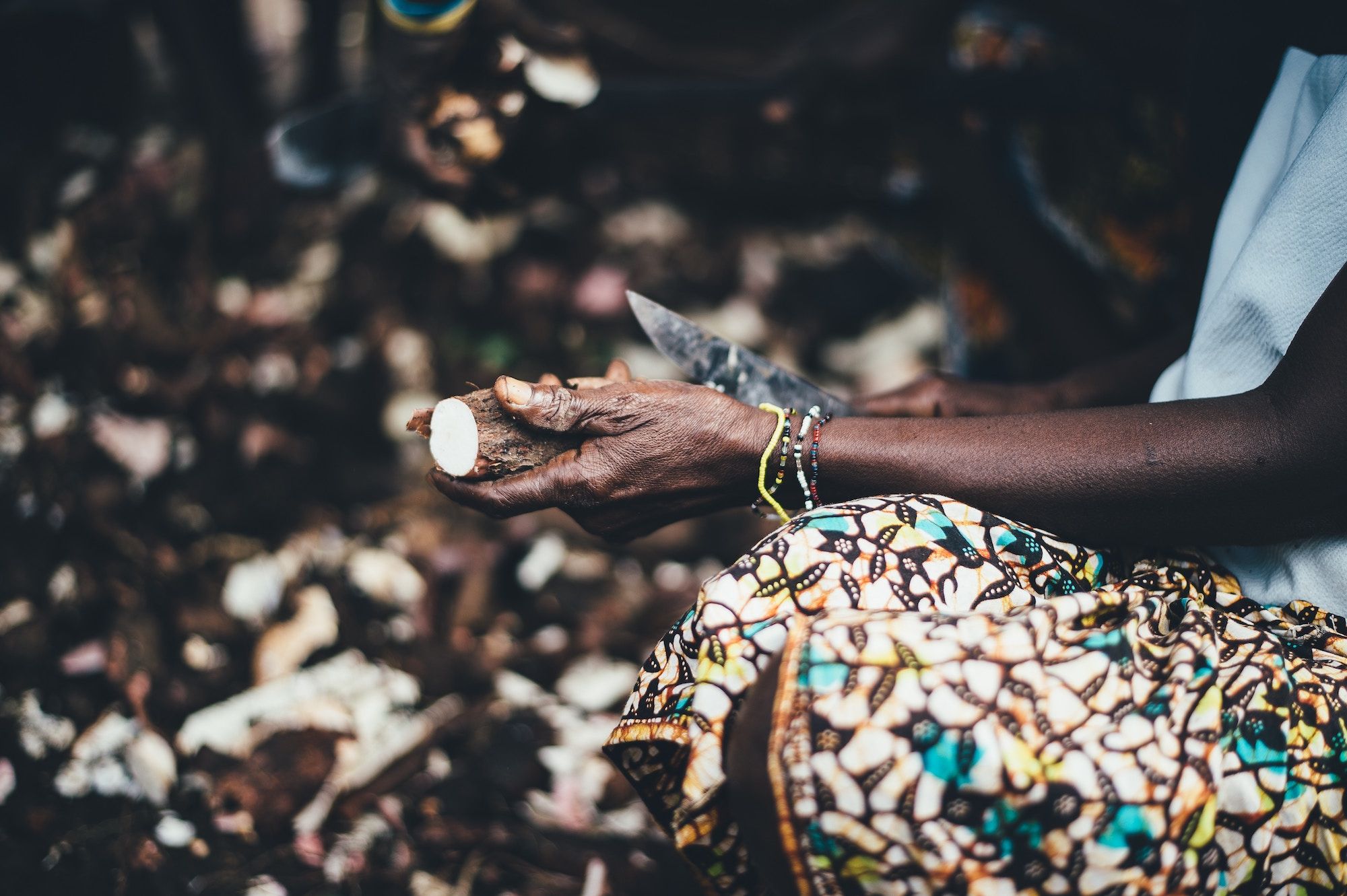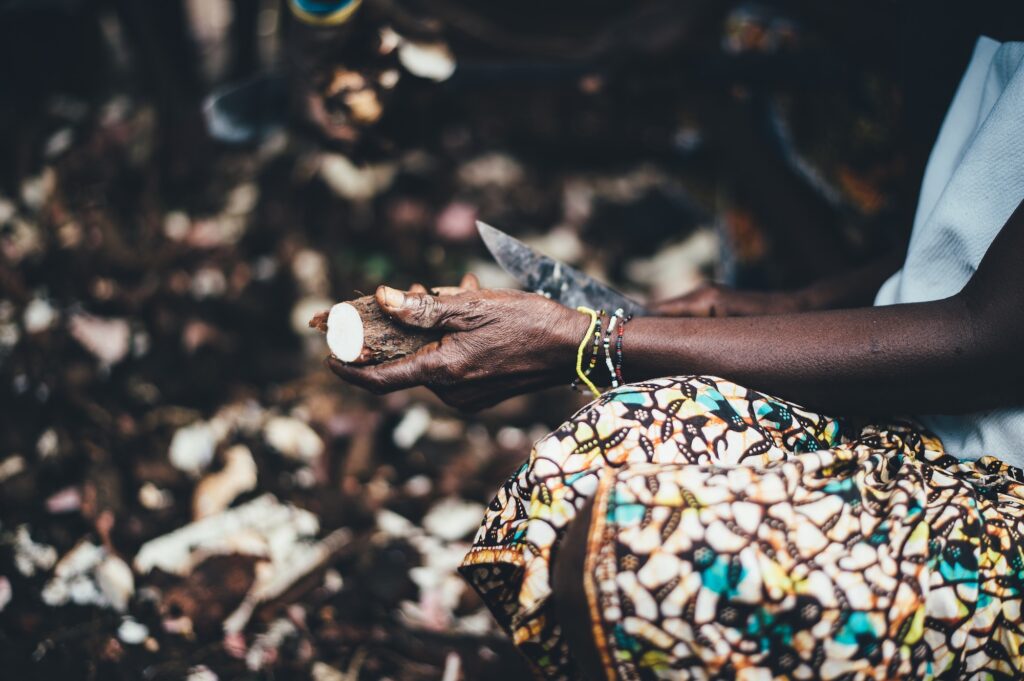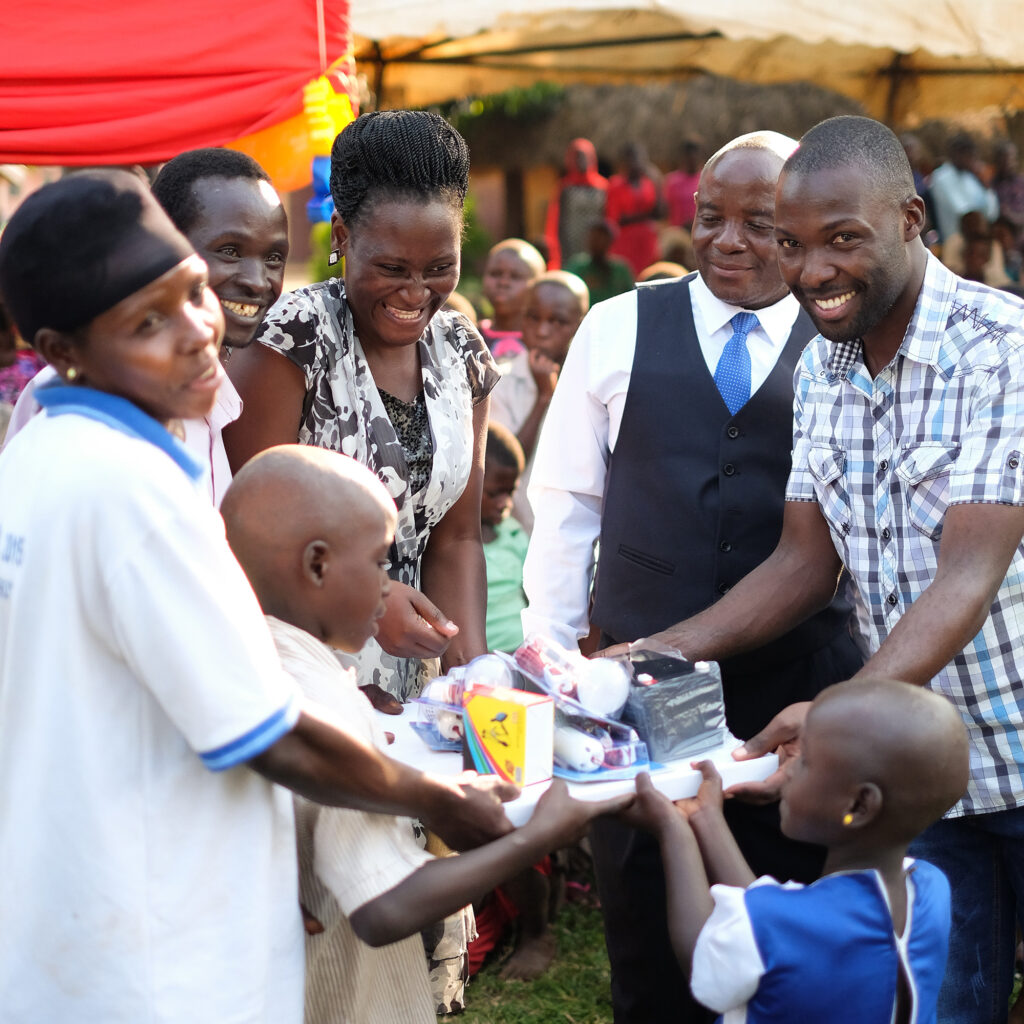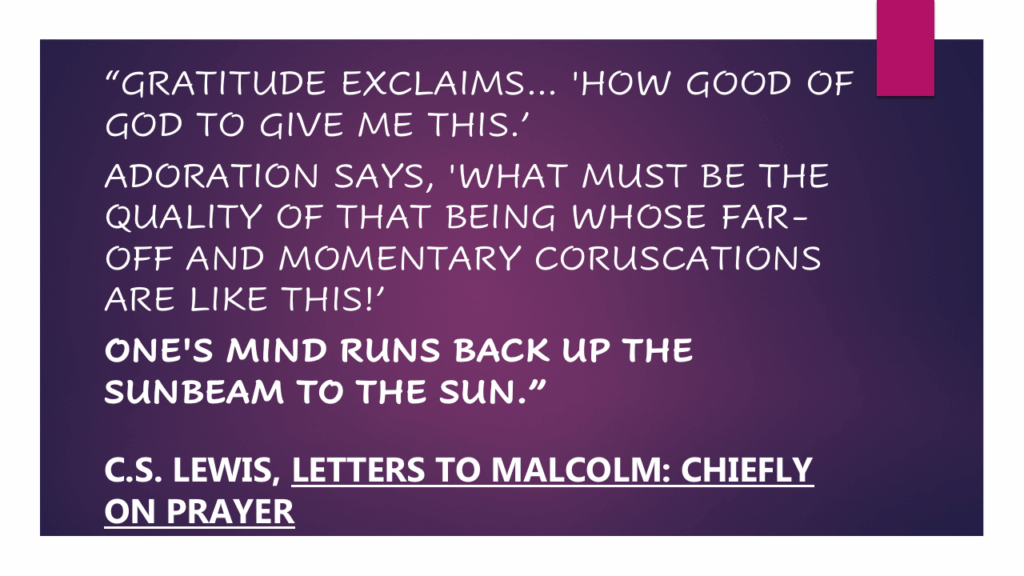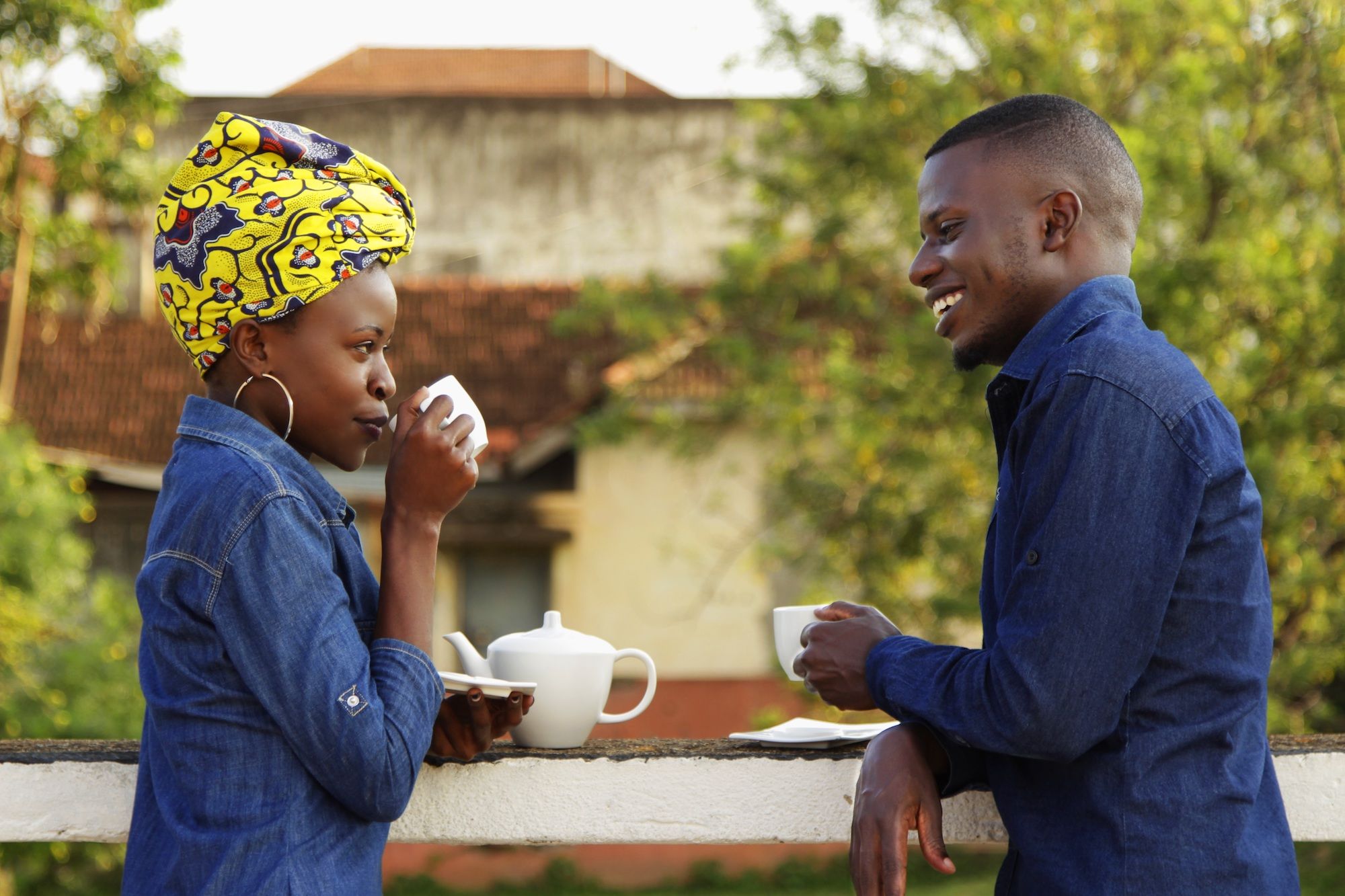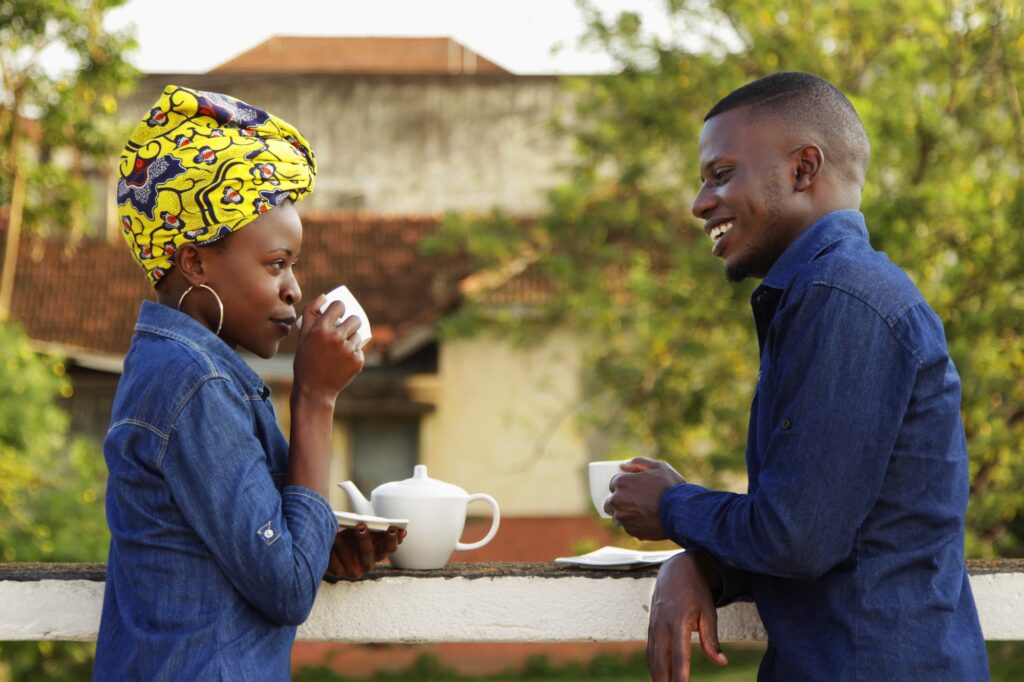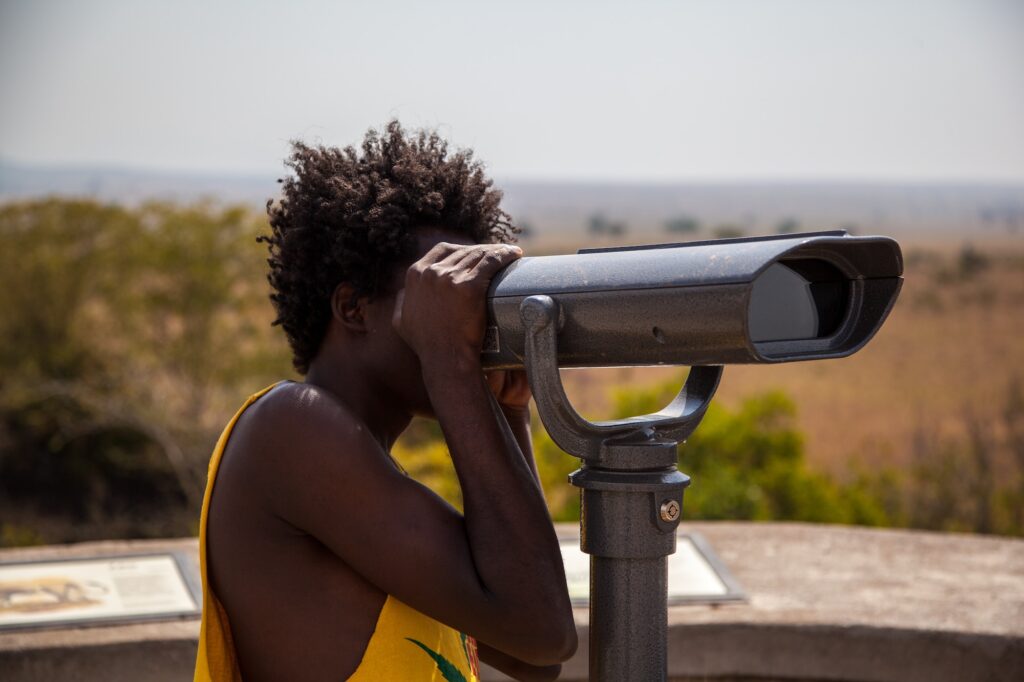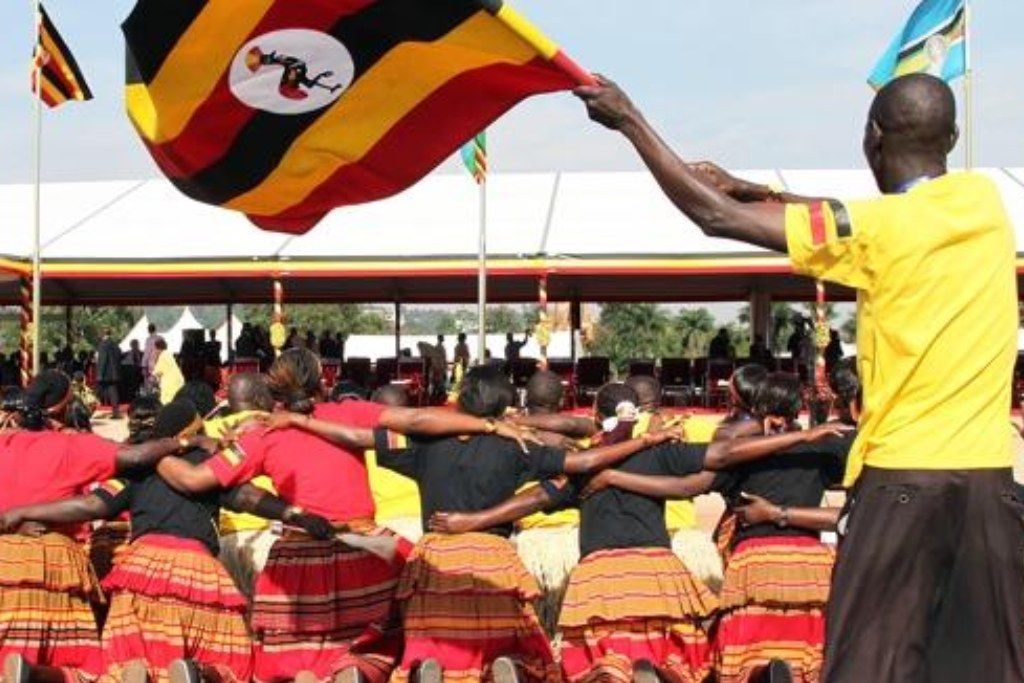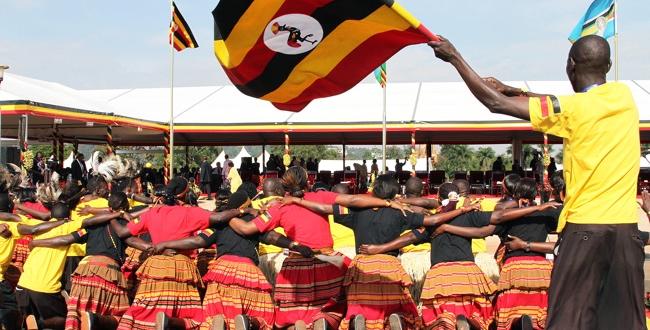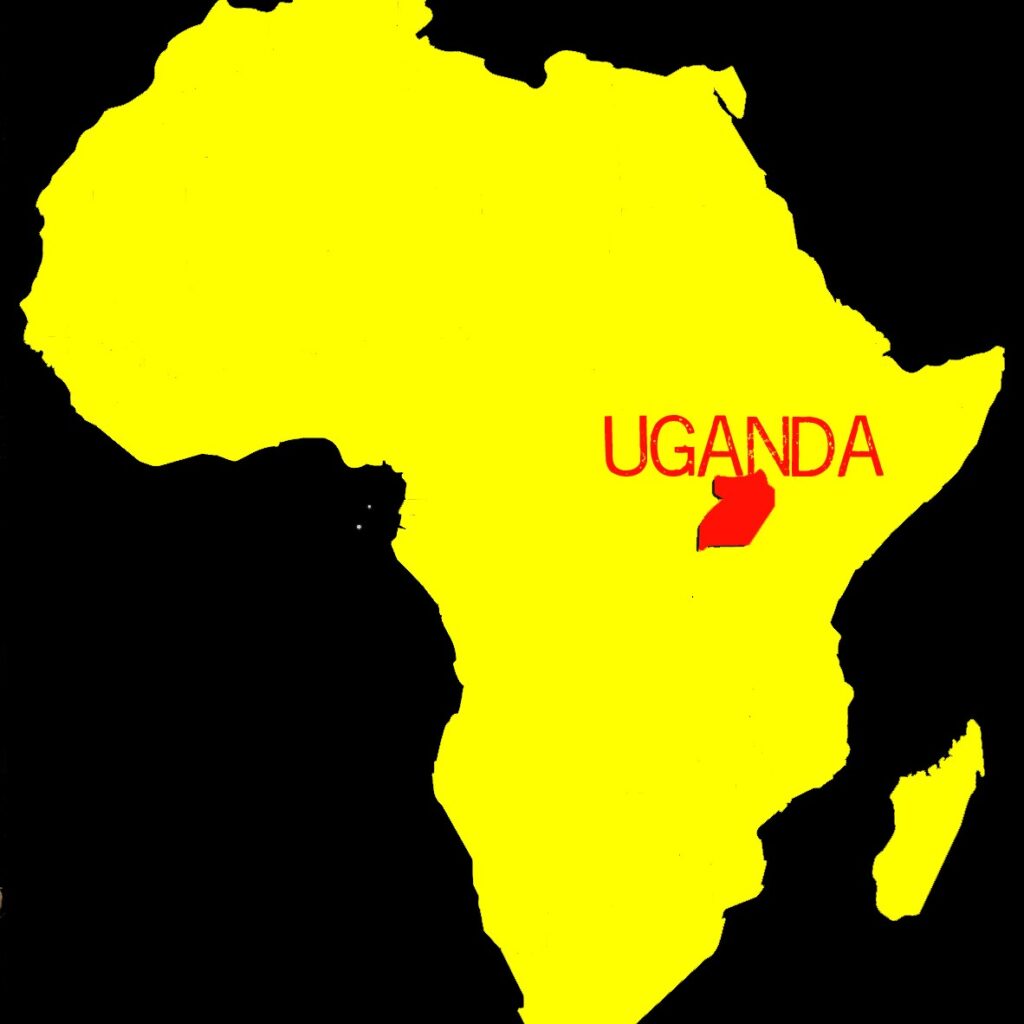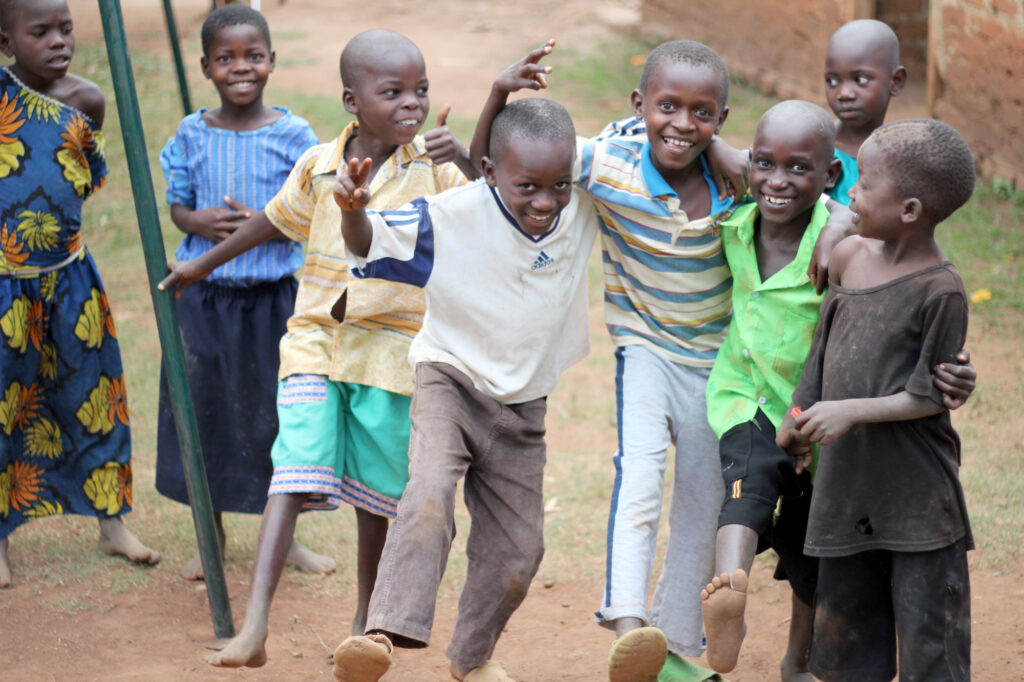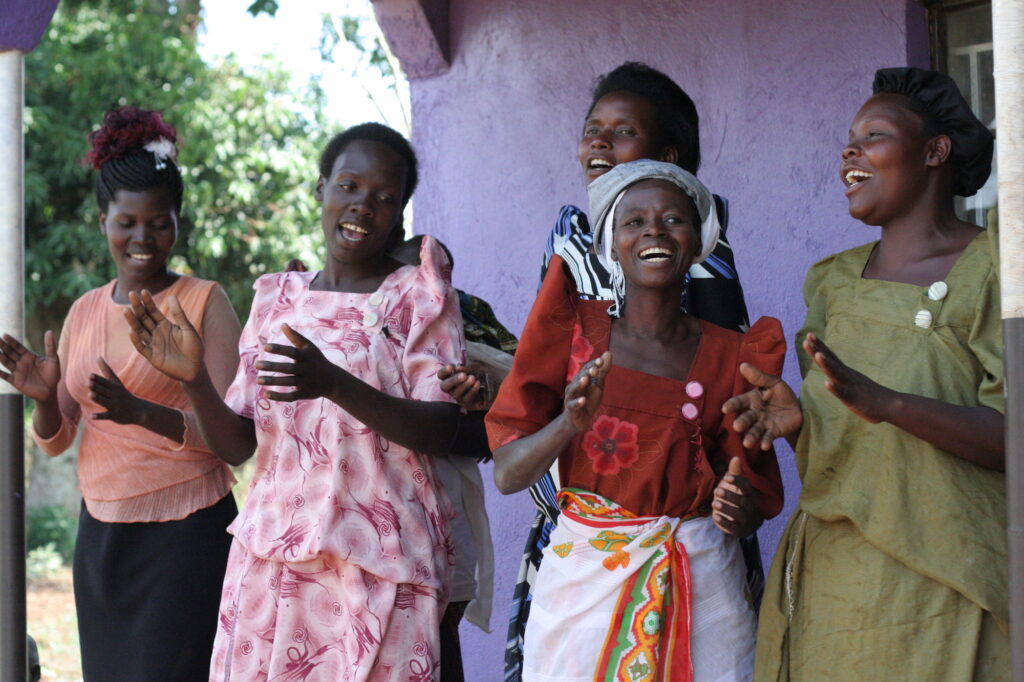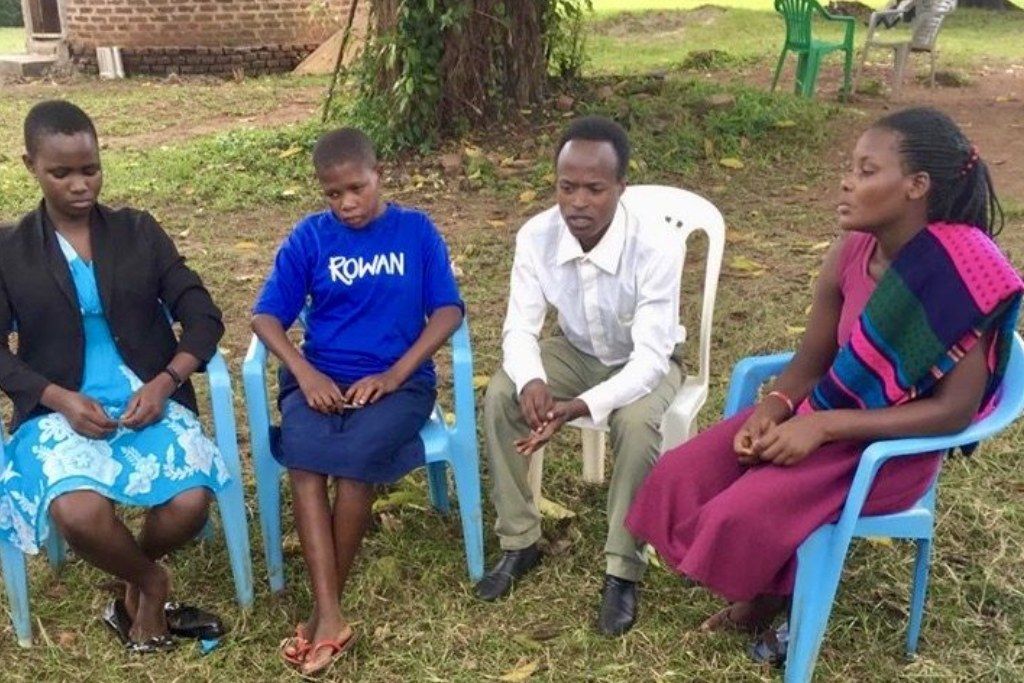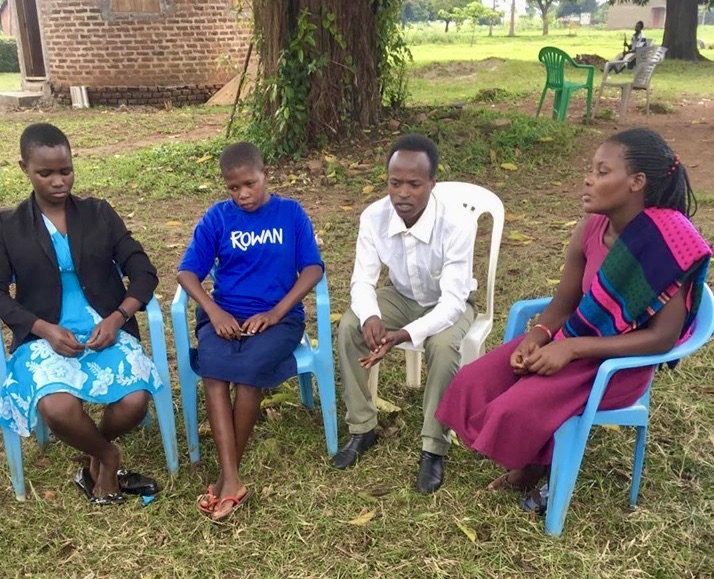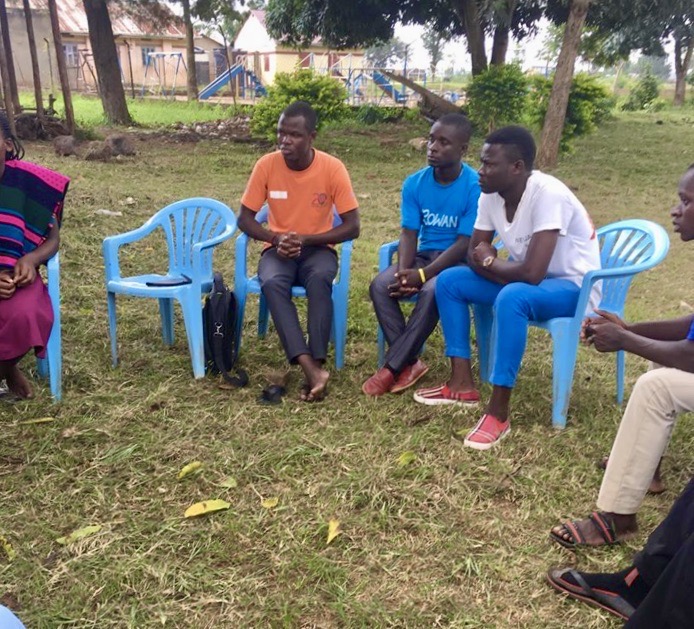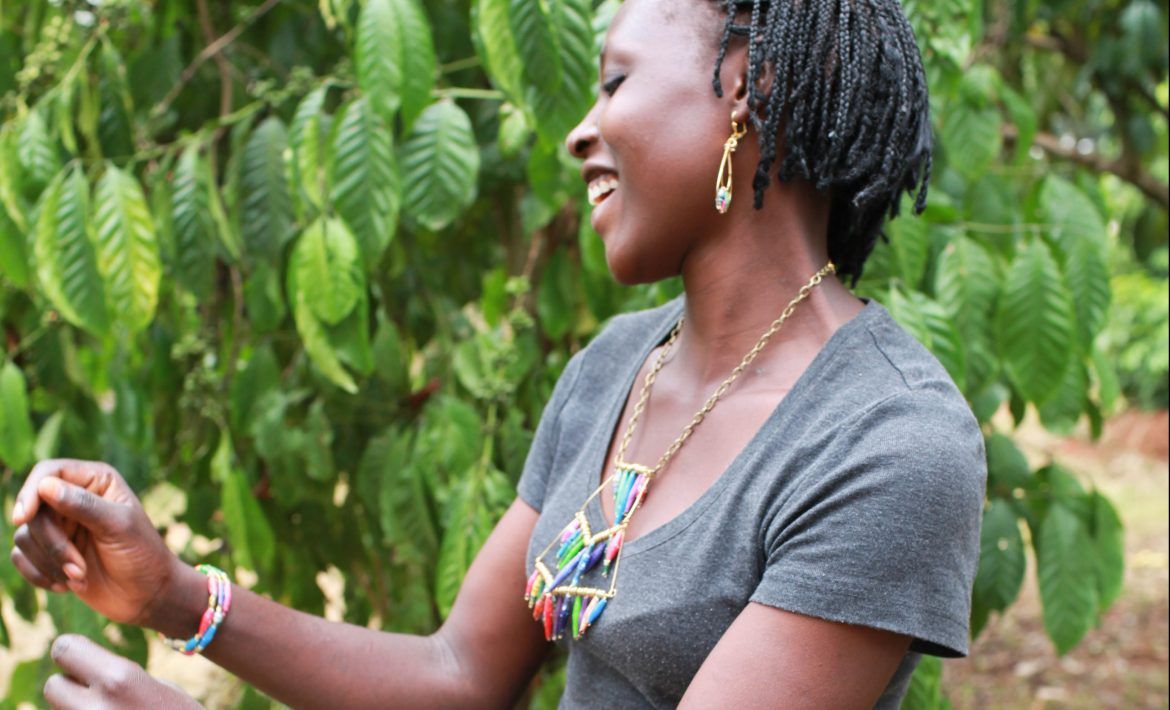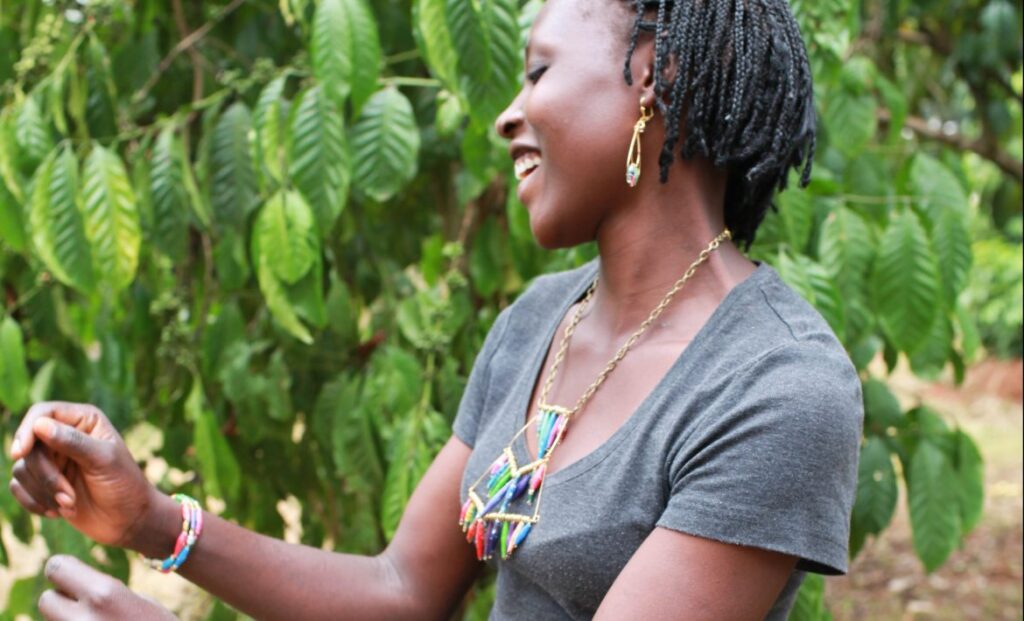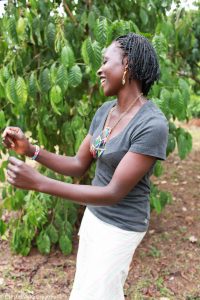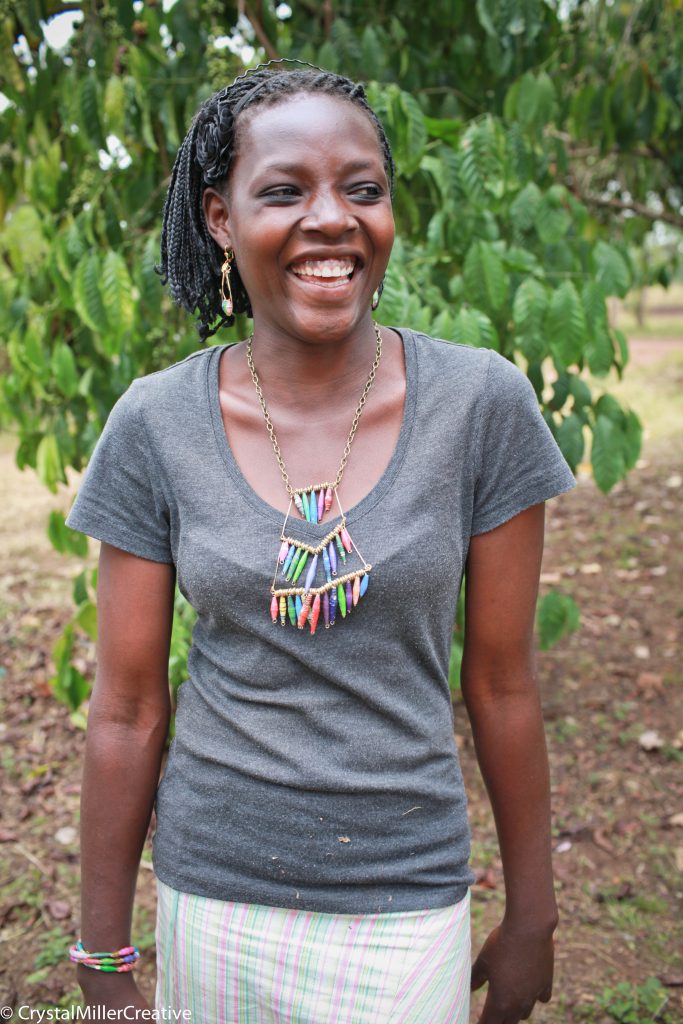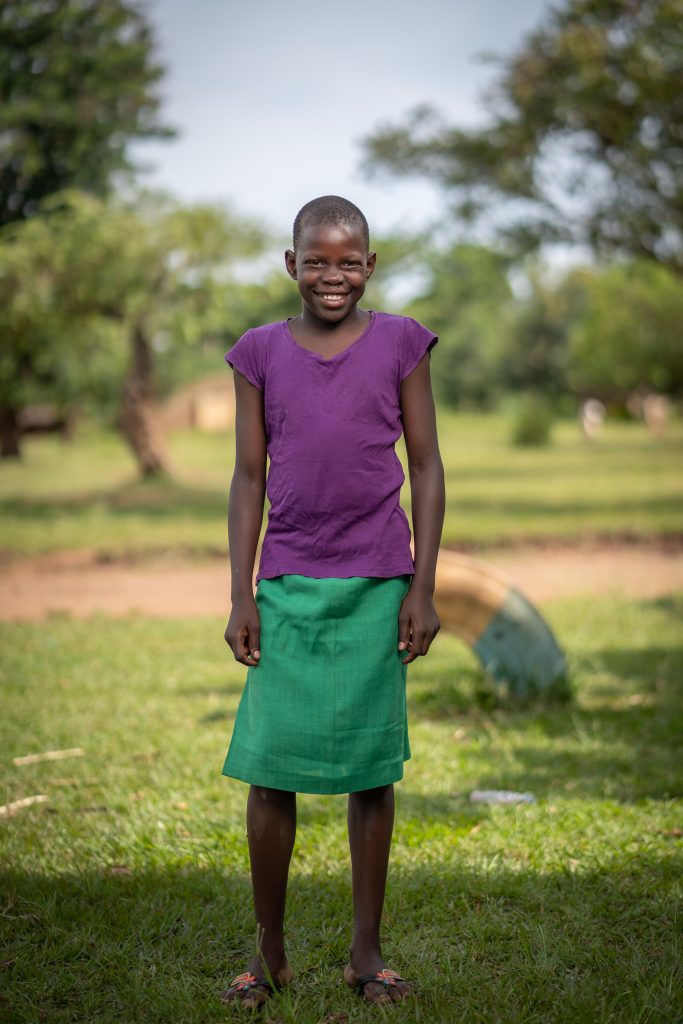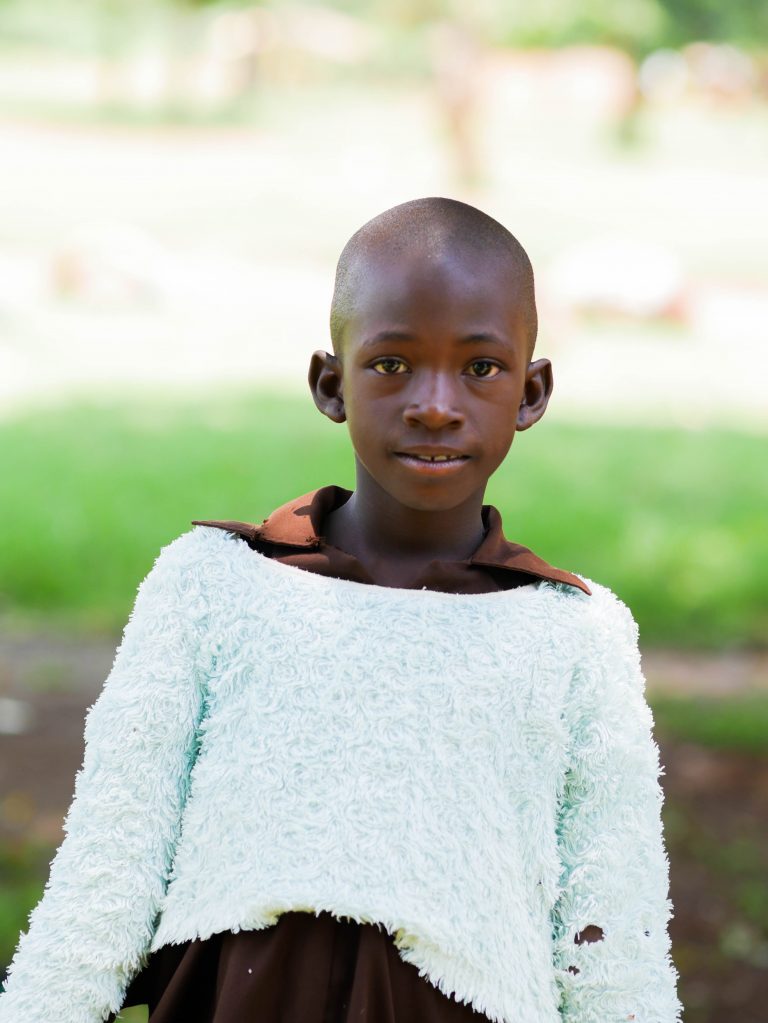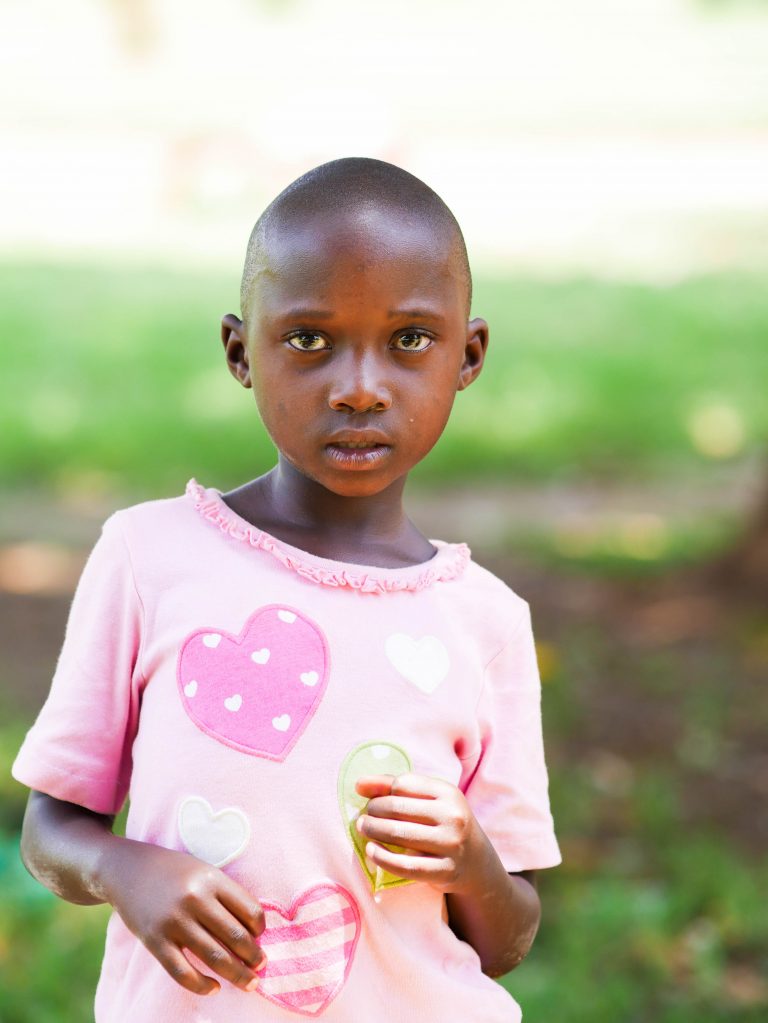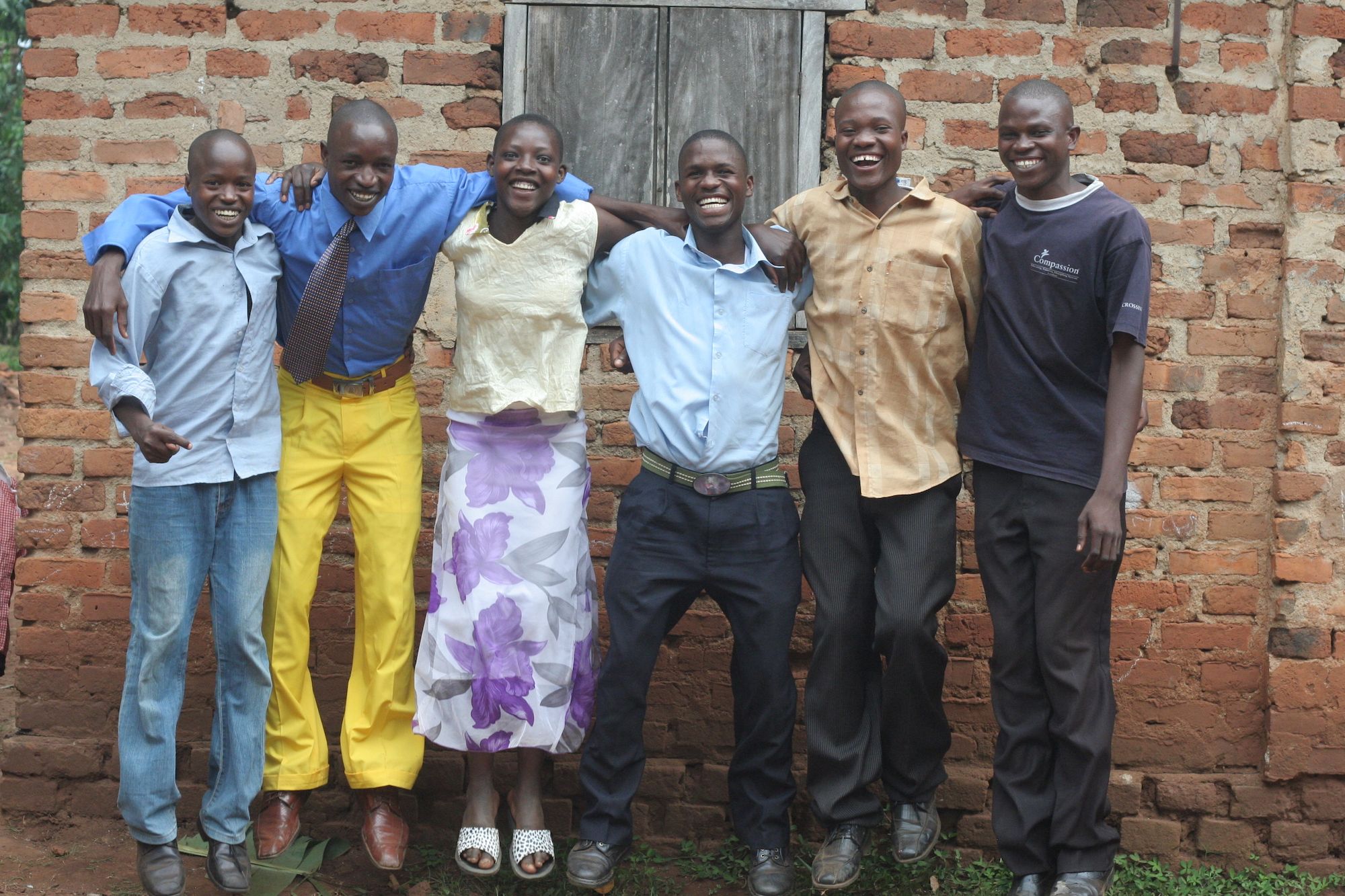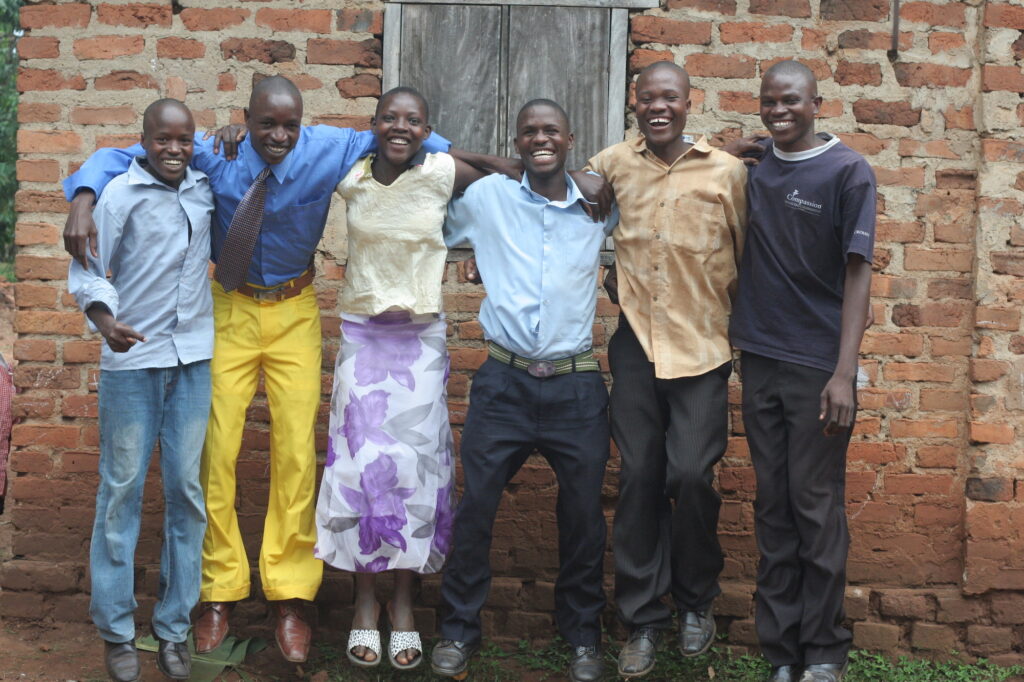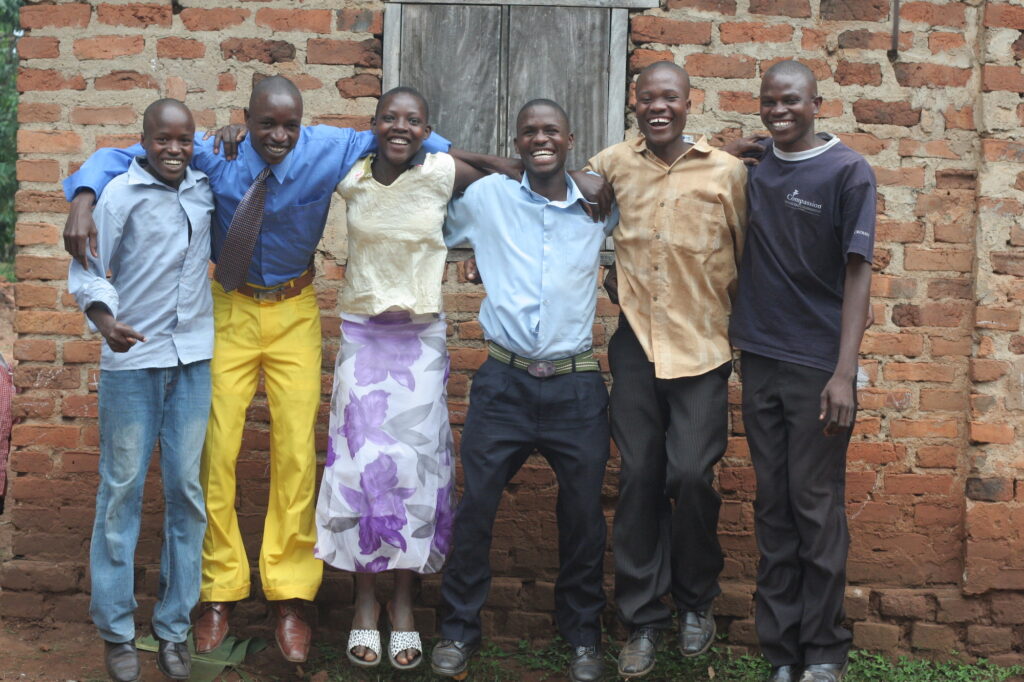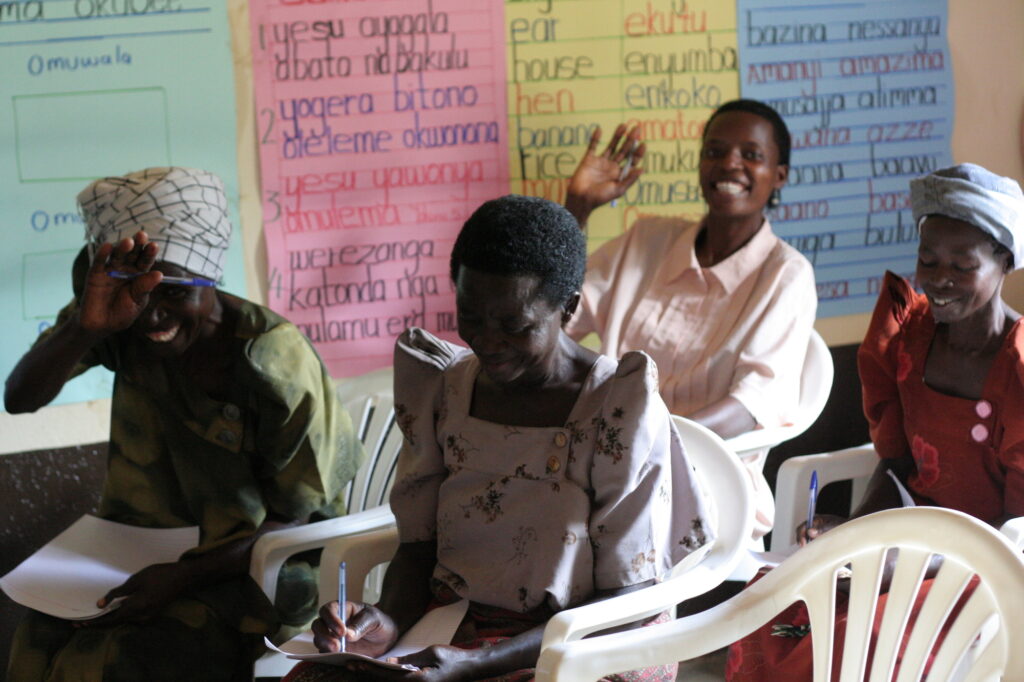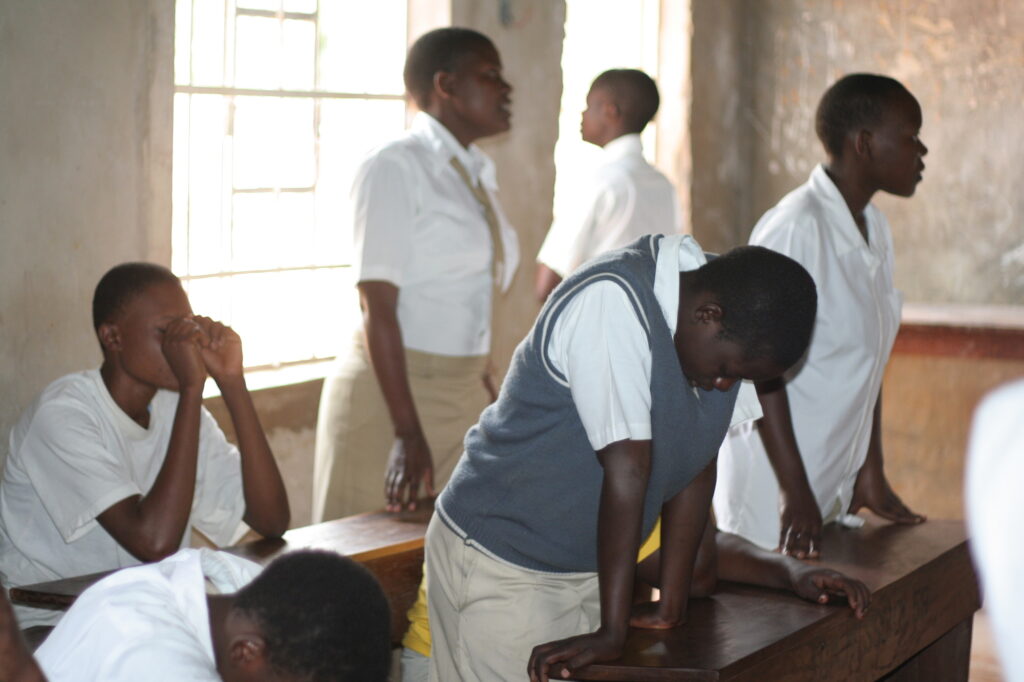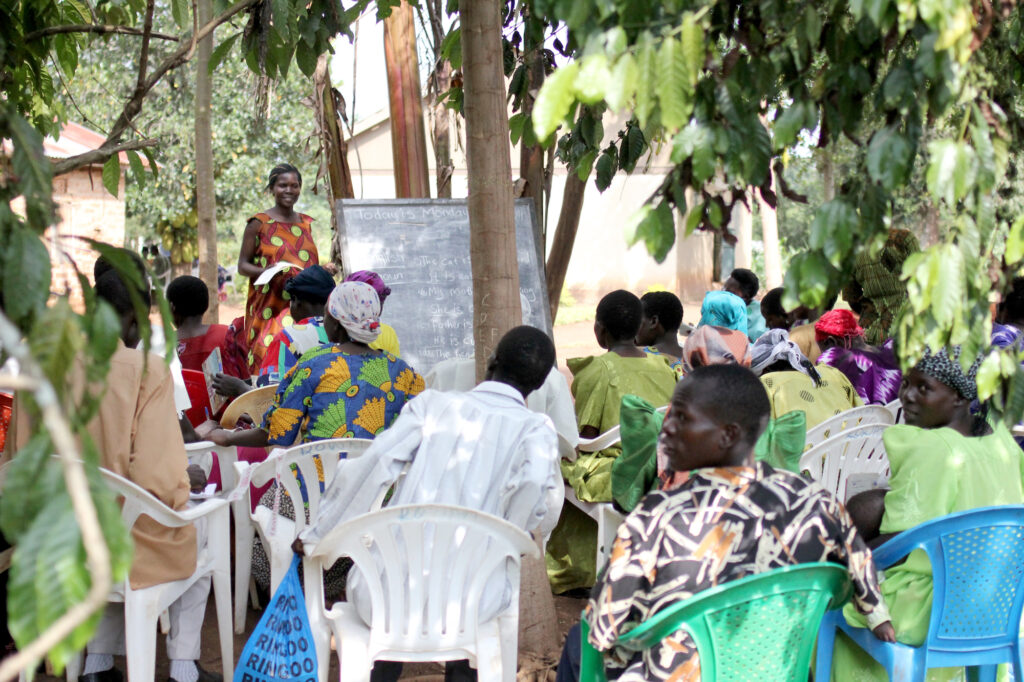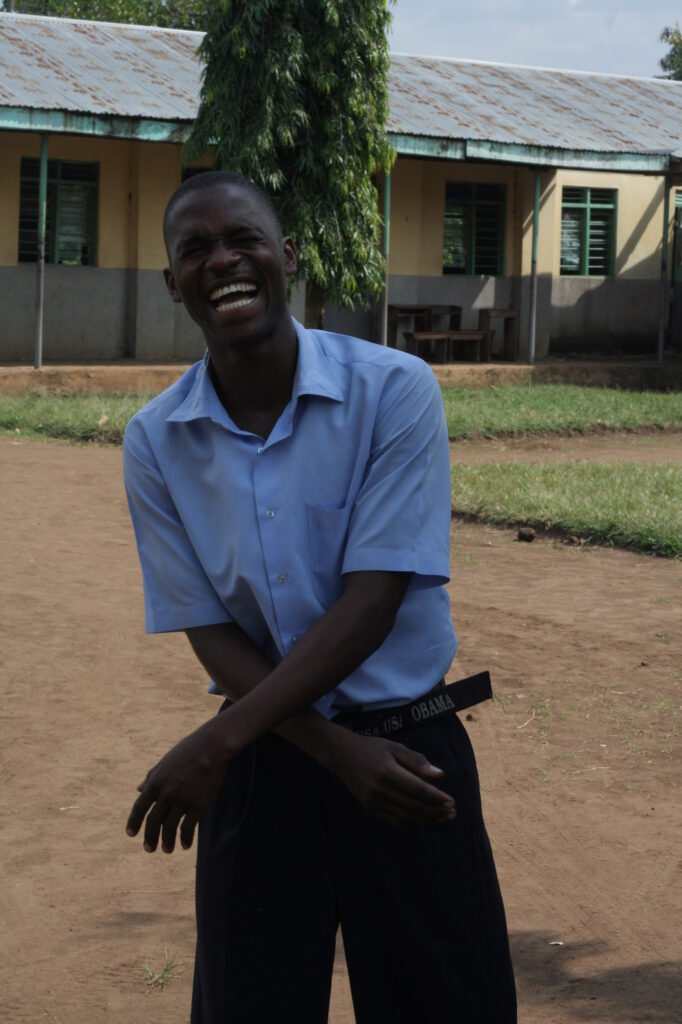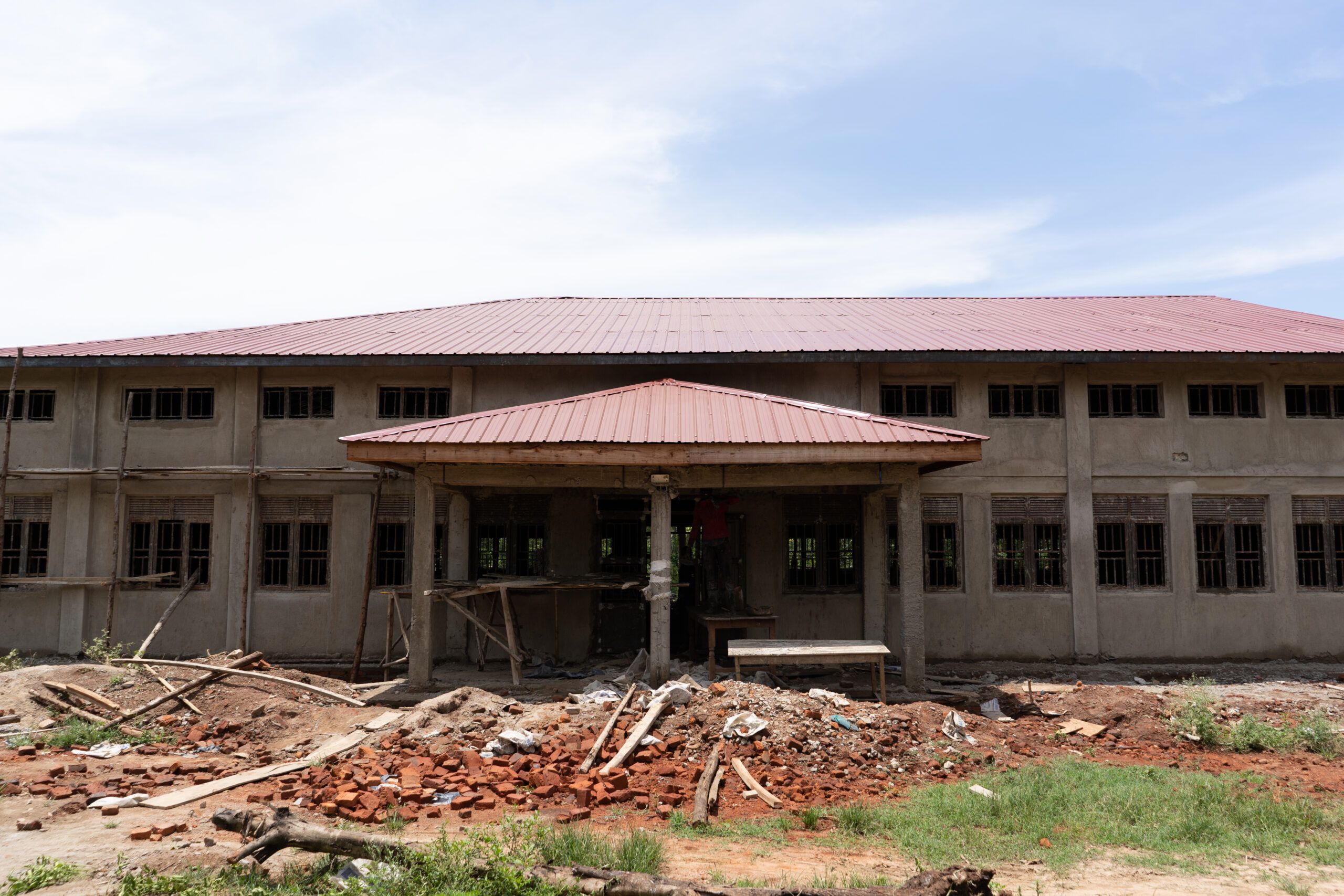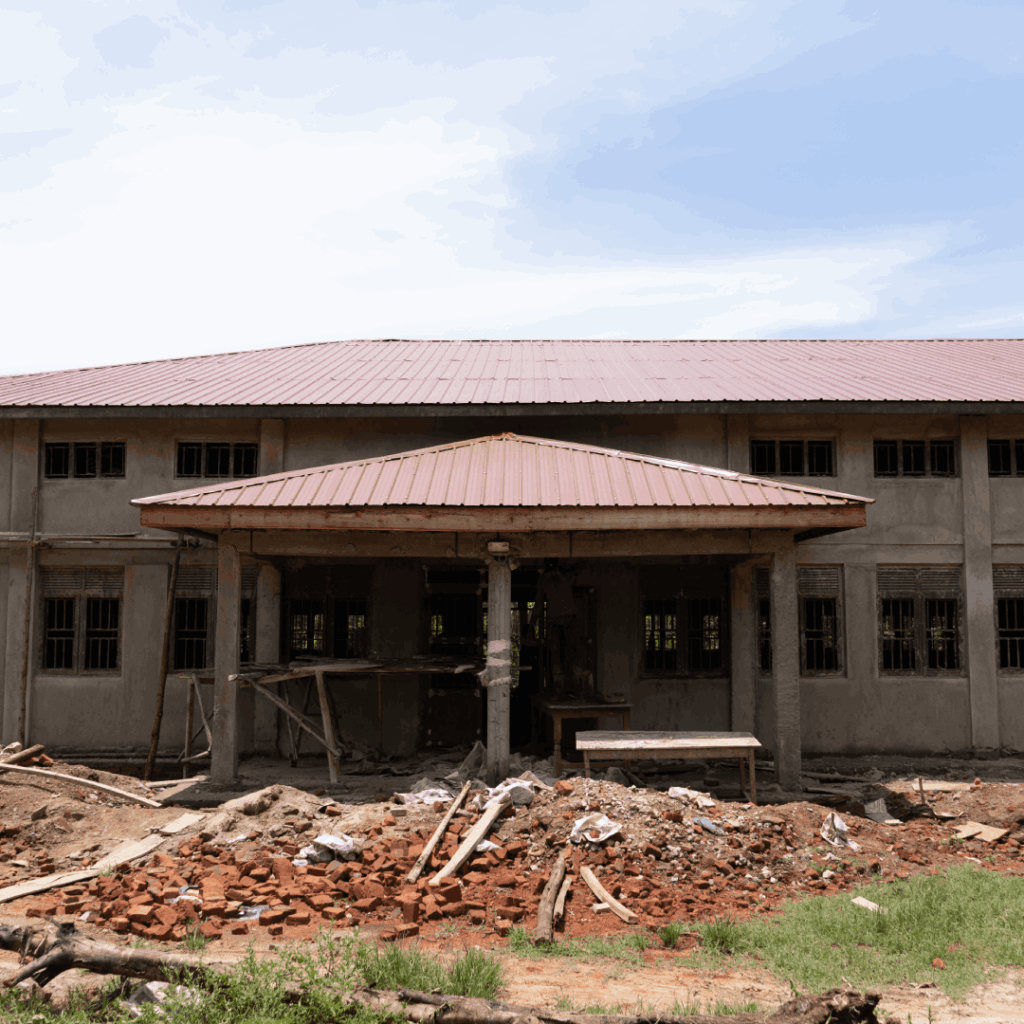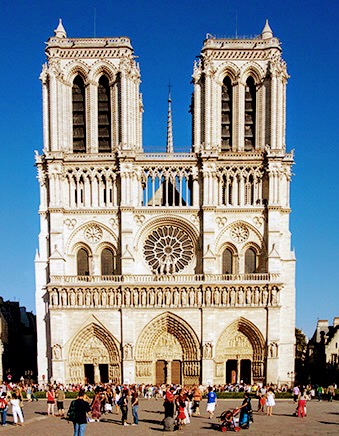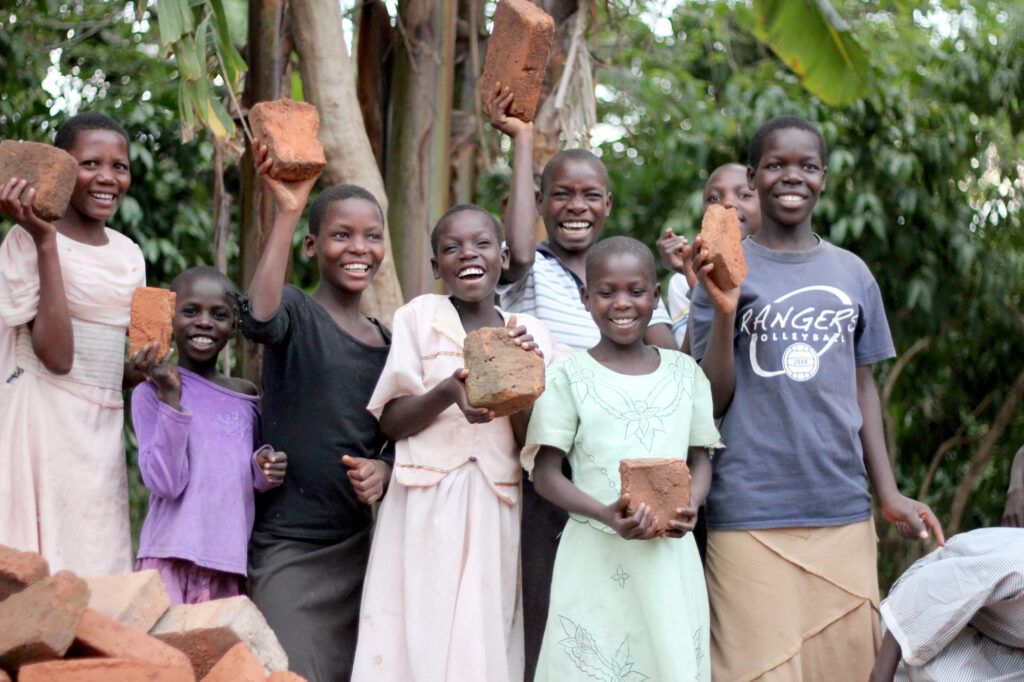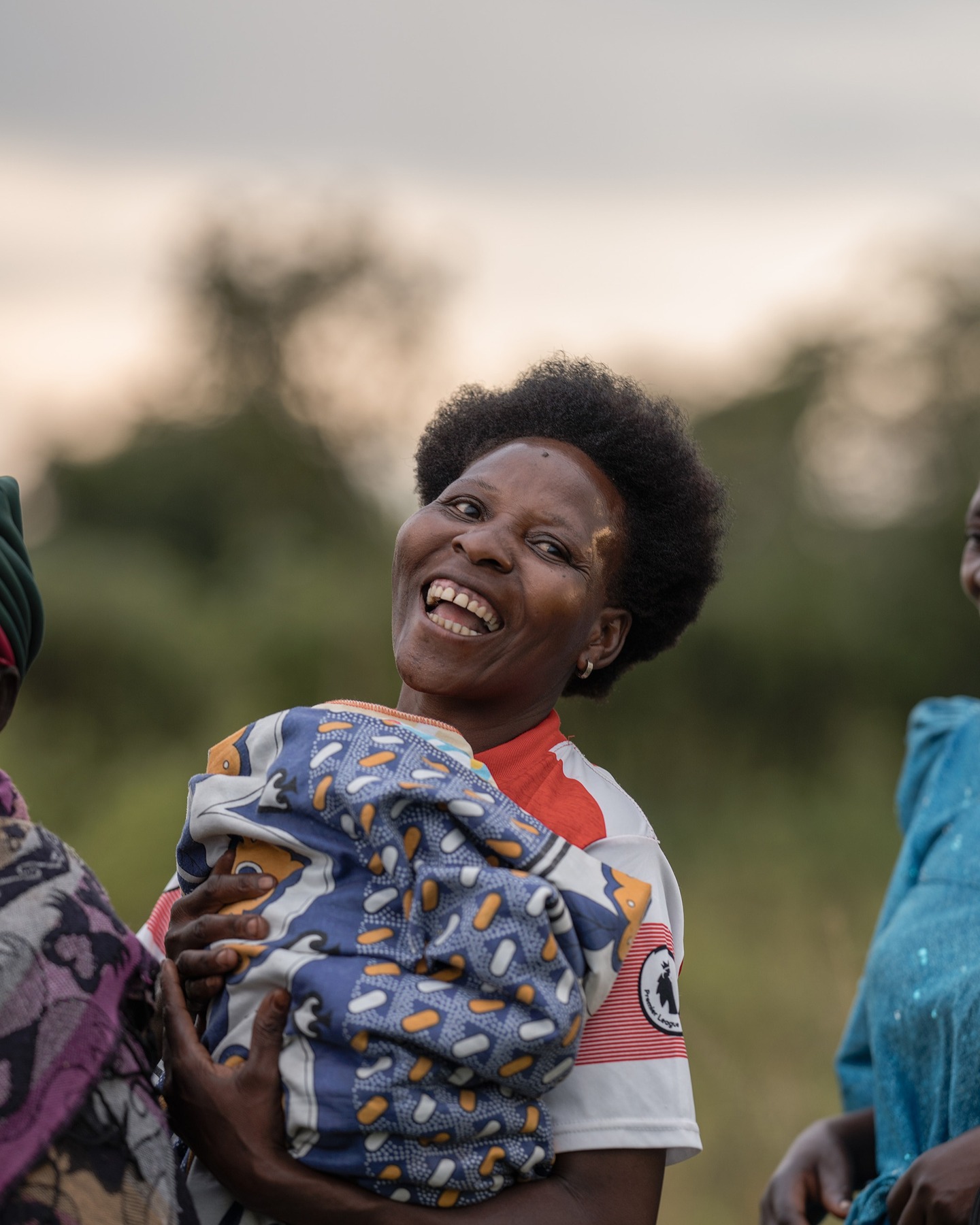Locusts Invade Uganda
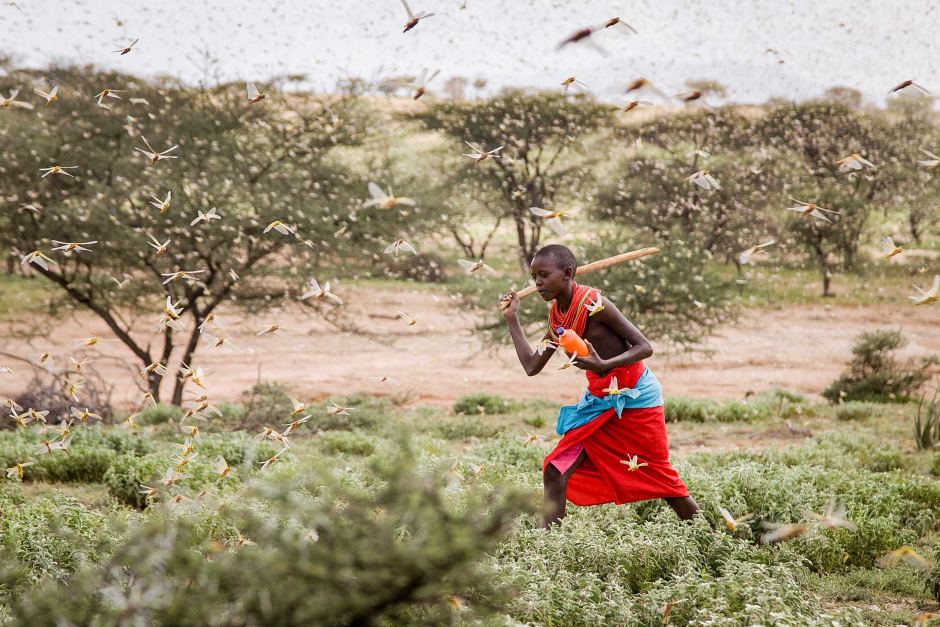
Swarms of locusts have entered Uganda by way of Kenya. This very serious desert locust invasion threatens East Africa, the United Nations has warned. Locusts threaten the food security of millions of people. Swarms of this magnitude have not been seen in decades. In Kenya and Somalia, many crops have already been devastated.

The Eagle Online Uganda news source stated today, March 10, 2020:
The desert locusts have since been sighted in 24 districts in Teso, Lango, Acholi, Sebei and Bugisu sub- regions of Uganda. Since the outbreak, government through its agencies has step up control measures which include rapid spraying in all affected areas with both manual and motorized pumps and sensitization of people.
The Minister of Agriculture, Vincent Ssempijja, said: “The existing swarms have not caused significant damage to the vegetation cover, however, there is an eminent threat to food security when the eggs hatch into hoppers in the next few weeks as has been the case with our neighbour, Kenya.” He said the swarms however continue to spread to other districts and possibly laying of eggs is expected to continue while our efforts to control the adult locusts continue.
The Observer Uganda online stated on February 12, 2020:
“A typical desert locust swarm can contain up to 150 million locusts per square kilometre. UN reports indicate that locusts can reproduce rapidly and, if left unchecked, current numbers could grow 500 times by June. A swarm can destroy as much food crops in a day as is sufficient to feed 2,500.”
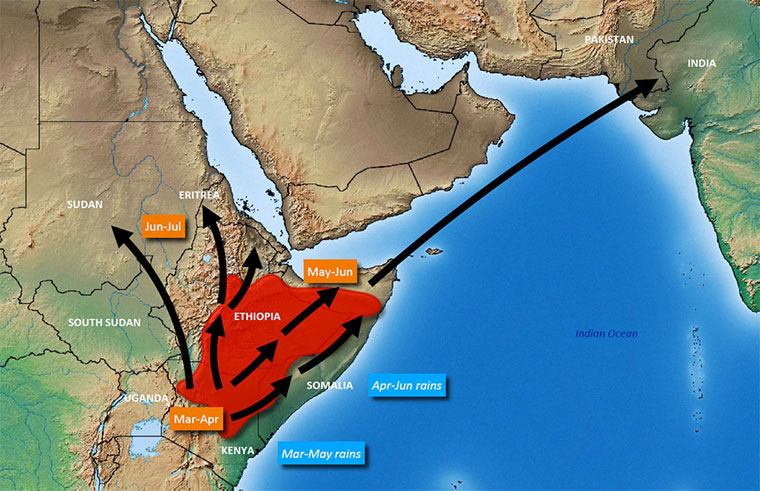
Forecast (March-June 2020) on the desert locust upsurge in the Greater Horn of Africa. Photo: observer.ug
Please pray for ROWAN villages and all of East Africa that resources will be allocated quickly to treat this invasion effectively and that crops and lives would be saved. It’s hard for many of us to imagine experiencing this type of natural disaster. Please join us as we prayerfully imagine ourselves in the place of our brothers and sisters in East Africa.
Carry each other’s burdens, and in this way
you will fulfill the law of Christ.
Galatians 6:2
